Scientific & Medical Advisory Board
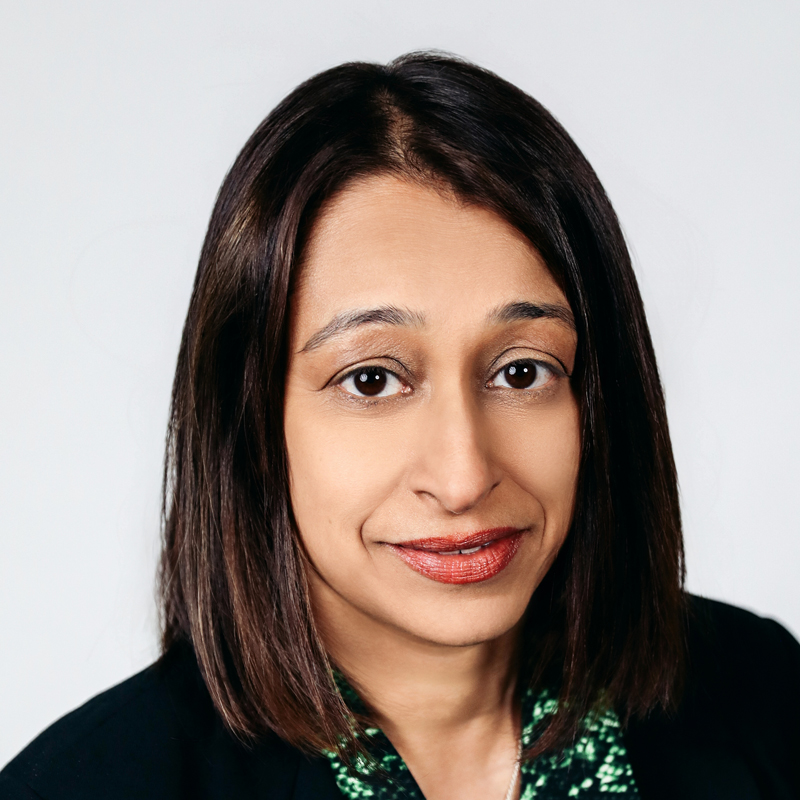
Nilo Azad, MD
Johns Hopkins University
CHAIR
Baltimore, Maryland

Nilo Azad, MD
Johns Hopkins University
CHAIR
Baltimore, Maryland
Dr. Azad is an Associate Professor of Oncology and a member of the Gastrointestinal Oncology Program within the Sidney Kimmel Comprehensive Cancer Center (SKCCC). She completed her fellowship in Medical Oncology at the National Cancer Institute and became a member of our faculty in July 2008. Since joining the faculty of the SKCCC at Johns Hopkins, Dr. Azad is the PI of numerous early phase clinical trials in solid tumors and gastrointestinal cancers. Dr. Azad is a clinically active medical oncologist and is the co-leader of the NCI funded UM1 Developmental Therapeutics clinical research program at the SKCCC, as well as the Cancer Genetics and Epigenetics Program . She is a member of both the Epigenetics and Colon Cancer Stand Up 2 Cancer Dream Teams, serving as a Principal on the latter. She has been a member of the NCI Colon Cancer Task Force, the Advisory Board of the Biden Cancer Initiative, and the Executive Board of The Cholangiocarcinoma Foundation, now serving as Vice-Chair, among others.
(Precision Therapeutics Initiative Group)
“We have been given such a gift to have found this particular calling, working with cancer patients.”
Can you tell us a bit about yourself?
I am a very fortunate physician that went into medicine thinking I was going to take care of patients, and by happenstance over the course of my training, was exposed to wonderful mentors and research leaders who whet my appetite to make a difference through clinical research. I am a faculty member at Johns Hopkins, where I work with the best group of doctors and other medical professions to take care of patients while working to increase the options available to them. I have a wonderful family and group of friends who provide my life’s foundation. I consider myself very lucky to get to do what I do.
Can you share one or two of your specific research interests?
I have an interest in combining novel agents to advance the therapeutic options for advanced cholangiocarcinoma patients. I am particularly interested in epigenetic and immunotherapies, both together, and how epigenetic alterations may impact the immune response.
Why did you decide to specialize in hepatobiliary cancers?
Good luck. I was running an early phase clinical trial in advanced solid tumors early in my career and saw some possible benefit for cholangiocarcinoma patients. I decided to open a dedicated trial arm to cholangiocarcinoma, and then it was off to the races. I began looking at all my drug development though the lens of how it might help cholangiocarcinoma patients, and how we might modify strategies to make them more appropriate to cholangiocarcinoma biology.
Can you describe one of the unforgettable moments in your patients care or research that has impacted your career?
The beauty of our job is that there is no one moment that encapsulates the meaning of what we do. Rather, our careers are an amalgamation of hundreds of people we have taken care of and worked with — all of whom have taught of the essence of what life is about. Family. Friendship. Health. Love. Generosity. Suffering. Perseverance. Intellectual Joy. We have been given such a gift to have found this particular calling, working with cancer patients.
Can you tell us one thing collaboration with colleagues could accomplish that you could not accomplish on your own?
The underpinnings of cancer biology are so complex that no one investigator has the needed expertise to understand all of the nuances of any given approach. Team science allows for us to assemble groups of people with varied skill sets and knowledge bases which dramatically improve the chance we will find a new treatment and eventual cure for this cancer.
If you had access to one resource that would move your research forward, what would that resource be?
More funding. There are so many exciting ideas that are delayed by the lack of funding to move them forward. For example, we have a personalized vaccine study that it extraordinarily expensive to generate for each patient. This kind of personalized immunotherapy approach is presently limited due to lack of funding.
How did you learn about the Cholangiocarcinoma Foundation?
Honestly, I don’t remember not knowing about CCF – it is so ubiquitous in cholangiocarcinoma patient and researcher circles.
Can you tell us why you became a member of the ICRN?
It is an exciting group of people that pushes me to refine my ideas and make them into reality and work with others to do the same with theirs. It is an incredibly giving group of caring doctors and researchers. What a great community.
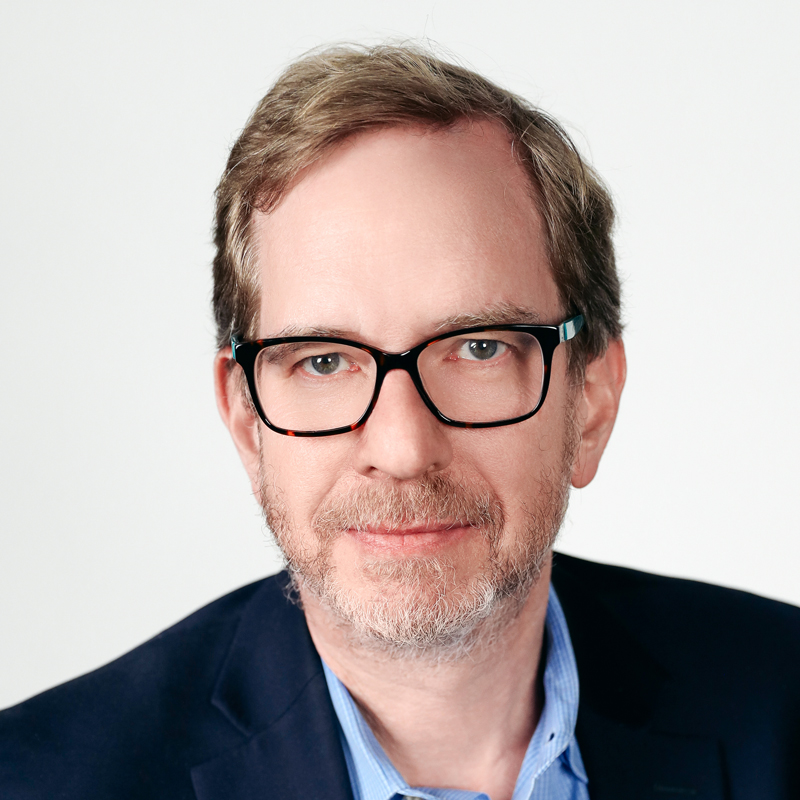
Ben Stanger, MD, PhD
University of Pennsylvania
CHAIR
Philadelphia, Pennsylvania

Ben Stanger, MD, PhD
University of Pennsylvania
CHAIR
Philadelphia, Pennsylvania
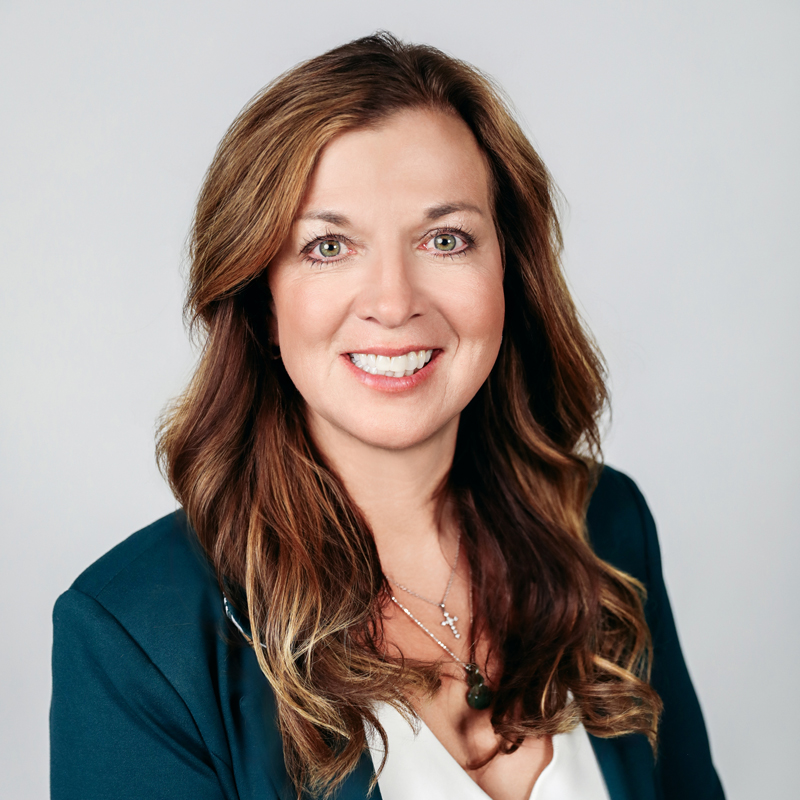
Melinda Bachini
Cholangiocarcinoma Foundation
Board Member

Melinda Bachini
Cholangiocarcinoma Foundation
Board Member
Melinda Bachini is a 15-year survivor of cholangiocarcinoma. She was treated at the National Cancer Institute with a clinical trial using Adoptive Cell Therapy.
Melinda is married and the mother of six children, grandmother to two, and two more on the way. She is passionate about patient advocacy and uses her experience with previous and current treatments to give great insight into patients participating in clinical trials. She shares her story with as many cancer patients as possible in hopes of giving support to those in need.
Melinda served as a patient advocate for the NCI Hepatobiliary Task Force, the NCI Patient Advocate Steering Committee (PASC) from April 2016 to December 2022. She is a patient advocate for the ECOG-ACRIN GI Committee, ECOG-ACRIN Cancer Research Advocacy Committee, the NCI Council of Research Advocates, and the NCCN Hepatobiliary Guidelines Panel.
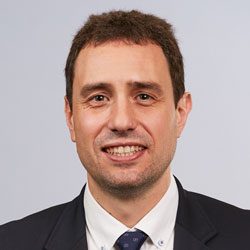
Jesus Banales
Biodonostia Health Research Institute – Donostia University Hospital San Sebastian (Spain)
BOARD MEMBER

Jesus Banales
Biodonostia Health Research Institute – Donostia University Hospital San Sebastian (Spain)
BOARD MEMBER
“I find the liver a very exciting organ, with unique regenerative capacity and immunobiology, and major functions for the human body.”
Name: Jesus Banales
Organization: Biodonostia Health Research Institute – Donostia Univ. Hospital (BHRI-DUH), San Sebastian (Spain)
Can you tell us a bit about yourself?
I was born in Pamplona (Spain) in 1979, graduated in Biochemistry (2001) and obtained my PhD (2006) from the Univ. Navarra (UNAV) studying the molecular mechanisms of bile flow generation/regulation in healthy and cholestatic conditions. Then, I moved to the Mayo Clinic (Rochester, MN) to carry out a posdoc (2006-2008, 2010; under the supervision of Prof. Nicholas F. LaRusso) focused on the study of the sensory features of the cholangiocyte primary cilium and the pathogenesis of polycystic liver diseases. After my training in National (UNAV) and International (Servier Laboratories, Paris; Univ. Colorado, USA; Mayo Clinic, USA) Institutions, I joined the BHRI-DUH (San Sebastian, Spain) in 2012 as Head of the Liver Diseases Group, which currently contains 3 subgroups and 30 multidisciplinary scientists (molecular biologists, hepatologists, oncologists, radiologists and surgeons). Our group is focused on studying the molecular mechanisms involved in liver pathobiology (cholestasis, chronic liver injury, polycystic liver diseases, non-alcoholic fatty liver disease, cirrhosis, hepatocellular carcinoma and cholangiocarcinoma), and looking for new diagnostic, prognostic and therapeutic strategies. In 2020 I was promoted to Professor of Biomedine at Ikerbasque (Basque Foundation of Science).
Can you share one or two of your specific research interests?
Regarding cholangiocarcinoma, we are interested in the study of the genetic, epigenetic and molecular mechanisms involved in the malignant transformation of cholangiocytes, and in the mechanism of cancer progression, in order to search for accurate non-invasive biomarkers (diagnostic and prognostic) and new targets for therapeutic intervention. Moreover, in collaboration with chemists from the Basque Country, we are developing new chemotherapeutic drugs for their preclinical evaluation in cholangiocarcinoma. Finally, we are deeply collaborating within the European Network for the Study of Cholangiocarcinoma (ENS-CCA; www.enscca.org / www.eurocholangionet.eu) for the multidisciplinary study of this cancer within international collaborative research programs, including the European Cholangiocarcinoma Registry (E-CCA Registry) of patients.
Why did you decide to specialize in hepatobiliary cancers?
All my scientific carrier has been focused in the study of liver pathobiology. I find the liver a very exciting organ, with unique regenerative capacity and immunobiology, and major functions for the human body. In particular, I put special attention into the biliary system, evaluating the role of cholangiocytes in the regulation of the bile flow and immune-tolerance, as well as their alterations under different cholangiopathies, including cholangiocarcinoma. Due to the low awareness and knowledge on cholangiocarcinoma, and the dismal outcome of patients this cancer, I decided in 2012 to focus my attention and studies in cholangiocarcinoma. Then, in 2015, together with a group of friends and colleagues from the field, we created ENS-CCA, which is currently an important scientific network for the multidisciplinary study of cholangiocarcinoma, and an EASL (European Association for the Study of the Liver) consortium.
Can you describe one of the unforgettable moments in your patients care or research that has impacted your career?
An unforgettable moment was the first time I attended the Cholangiocarcinoma Foundation Meeting in 2019. I became so impressed about such unique meeting, which involves scientists, clinicians, patients, caregivers, advocates, and pharmaceutical companies with the only aim to improve patient´s care and life. I was impressed about the personal support and recognition received by the patients, which strongly motivate me for keep investigating on this cancer.
Can you tell us one thing collaboration with colleagues could accomplish that you could not accomplish on your own?
Science is a “we” not an “I”. This is a team effort that requires fair collaborations with other groups to move faster and better. ENS-CCA and ICRN are good examples of the importance of international collaborations. In science, there are multiple things interesting but less important. The important goal for cholangiocarcinoma is to improve the life of the people, so we must not to forget what is important when investigating interesting issues, and priorate the time and translation of the knowledge.
If you had access to one resource that would move your research forward, what would that resource be?
To involve more young scientists in the study of cholangiocarcinoma. Although material resources are fundamental, the most important talent in a research group is the people. We must to support, train and retain young talent scientists for working in this field in order to increase the knowledge on cholangiocarcinoma and the care and treatment of patients.
How did you learn about the Cholangiocarcinoma Foundation?
I learned about CCF by internet and colleagues some years ago, and in 2019 I was invited to attend the annual meeting in Salt Lake City for giving a talk about ENS-CCA and our research collaborative activities. Since then, I became strongly connected with CCF and ICRN. It is a great pleasure and honor for me to work and collaborate with them. They are doing an extraordinary work.
Can you tell us why you became a member of the ICRN?
ENS-CCA mainly involves European scientific groups because there are specific research funding grants from the European Commission to promote collaborative research within Europe. However, this collaborative vision is global and involves all the groups interested in cholangiocarcinoma worldwide, and of course the ICRN. We are trying to promote and boost more and more collaborations between ENS-CCA and ICRN, but also globally with Asia, and now with Latin America and Africa (through the recently created Ibero-Latin American Research Network on Cholangiocarcinoma (ILARN-CCA) and African Hepatopancreatico-biliary Cancer Consortium (AHPBCC). Moreover, in collaboration with the AMMF and CCF, it has been created the Global Cholangiocarcinoma Alliance with the mission to increase the global awareness on this cancer.
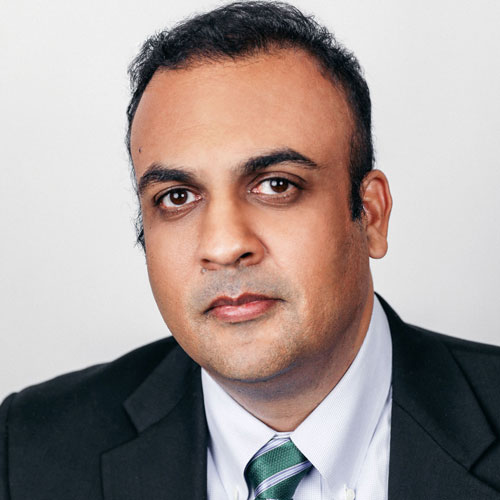
Mitesh Borad, MD
Mayo Clinic
BOARD MEMBER

Mitesh Borad, MD
Mayo Clinic
BOARD MEMBER
Dr. Borad is an Assistant Professor of Medicine and the Director of Phase I Drug Development at Mayo Clinic, Phoenix, Arizona. Before joining Mayo Clinic, he spent three years at the Translational Genomics Research Institute as a Genomics Medicine Scholar. He has been serving on the NCI Hepatobiliary Task Force since 2011. His research interests focus on exploring various molecular and immunological subtypes and discovering novel targeted therapies for providing precision medicine for hepatobiliary and pancreatic cancer patients.
(Precision Therapeutics Initiative Group)
“Ultimately, cancer is a genetic disease. It seems that we are only at the tip of the iceberg in the precision medicine era. I am hoping that we find magic bullets like imatinib (Gleevec) for all cancers.”
Can you tell us a bit about yourself?
I am a physician-scientist at the Mayo Clinic. My work involves both laboratory and clinical studies. I feel very fortunate to have wonderful colleagues both here and elsewhere, access to cutting edge resources, and a constant spirit of innovation and team science. I am always amazed by how courageous and altruistic our patients our in this journey and am always honored for them entrusting their care to our team. For better or worse, my endeavors are directed towards findings cures (and by that I mean collectively, not myself of course) for some of the most challenging cancers – liver and biliary tract cancers. In my spare time, I do enjoy traveling, cuisines of all types, cinema and kicking back with family and friends.
Can you share one or two of your specific research interests?
The human genome and gene therapy fascinate me at a scientific level. Ultimately, cancer is a genetic disease. It seems that we are only at the tip of the iceberg in the precision medicine era. I am hoping that we find magic bullets like imatinib (Gleevec) for all cancers. After arriving at Mayo Clinic, I was introduced to the notion of “oncolytic viruses”, genetically modified viruses with propensity to infect tumor cells relative to normal cells and “armed” with anything in the scope of imagination – immunomodulators, targeted antibodies, toxins and reporter agents for imaging and tracking. In my laboratory, we have been endeavoring to create precision medicine enabled oncolytic viruses, in an effort to integrate these two fascinating landscapes. Broadly along these line, I am a firm believer that we will revisit Cancer Gene Therapy, a field that has fallen by the wayside, due to limitations in therapeutic delivery.
Why did you decide to specialize in hepatobiliary cancers?
Like the vast majority of things in my career, it was purely be serendipity. In 2010, At Mayo Clinic, with colleagues from the Translational Genomics Research Institute (TGen), we had launched one of the first efforts to perform whole genome and transcriptome sequencing in a real-time clinical setting. At the time, I had a number of treatment refractory patients with cholangiocarcinoma in my practice and had no idea what to do them. I enrolled them into the study, with considerable skepticism, not expecting to find much. To our surprise, more than half the patients had “actionable” findings, including FGFR2 fusions. There were no FGFR specific inhibitors at the time, but luckily drugs such as ponatinib and pazopanib had FGFR inhibitory activity and were available (after much pleading to pharma execs). Fortunately, all the patients we treated had some clinical benefit. Before I knew it, everyone was referring cholangiocarcinoma patients our way and it become apparent to me that I would need to learn more about the disease and its nuances, if I were to have any degree of credibility living up to the trust the patients were putting in us.
Can you describe one of the unforgettable moments in your patients care or research that has impacted your career?
There are definitely many “forgettable” moments. During my time at TGen, we were developing vismodegib, the world’s first smoothened inhibitor, along with other institutions, in first-in-human studies. I had been treating a patient with metastatic basal cell cancer at the time and the heat shock protein inhibitor he had been on, had been ineffective. The timing was quite fortuitous as we had just opened the trial. After having to jump through innumerable hoops before the patient met the eligibility barricade, he was all set to go. The team quickly realized that this was a momentous occasion as he would be the first patient in the world treated with the drug. The next day, the research nurse, my good friend and colleague Dr. Raoul Tibes and the pharmacist clamored together to get a photo-op with “Patient 1”. There was much friendly debate as to who should get the credit – the treating physician (myself), the nurse (for administering the drug) or the pharmacist (for ensuring accuracy of investigational drug product). Luckily, the patient settled the score and said he should get the credit because he was the one taking it, and of course, he was right ! It was a reminder that in our line of work, humility is absolutely essential. I always remember that incident when I see things going out of hand in this regards when “experts” in our field get carried away sometimes.
Can you tell us one thing collaboration with colleagues could accomplish that you could not accomplish on your own?
I was schooled in team science from the outset. As such, it is hard for me to imagine things one can really do on their own. Medicine and science have become vastly complex and the pace of knowledge and change has become exponential. It would be foolhardy to think that any one individual could have mastery over enough areas to credibly be an expert. I would want to give a shout out to all of the unsung heroines and heroes in this team sport – patients and their families, nurses, pharmacists, maintenance experts and many, many others. Without their selfless efforts, the scientific teams would not achieve any of the glories they are afforded.
If you had access to one resource that would move your research forward, what would that resource be?
If you thought, I would have said money, you are wrong. I wish there was more appetite for high-risk, high-reward research. All the things we do routinely now, came about through tectonic shifts, not through the safe and underambitious proposals that populate the research landscape after every big shift in the field. I also wish people could share their ideas more freely. Currently, this does not happen because folks want to hold something back so that can be the one to get the next grant, patent or credit for the big paper everyone will cite. I totally understand that this kind of thinking would be considered utopian and stating such things would make others wonder if I live in an alternate reality. There are many senior colleagues and friends who I know have done it all, and already made their mark. It would be quite refreshing to see this “been there, done that” group try to set a new trend towards achieving solutions faster by sharing their ideas openly and selflessly. I am certain our patients expect this of us and there is nothing like being a trendsetter once you have kind of plateaued in academia.
How did you learn about the Cholangiocarcinoma Foundation?
I was invited to participate in a Workshop some years ago by Stacey Lindsey, CEO and Founder of the Cholangiocarcinoma Foundation (CCF). She had assembled physicians and scientists from a number of institutions in Salt Lake City on that occasion. From what I can recall, we all went through these personality assessments, which I thought at the time, was quite peculiar. I think the goal of the exercise was to see if people with very different styles could actually work together to overcome a challenging problem such as cholangiocarcinoma. I don’t think anyone from the group has remotely changed their personalities, but we have all learned to work together despite our idiosyncrasies, become good friends and are united by a common goal.
Can you tell us why you became a member of the ICRN?
About five years ago, at the Annual Cholangiocarcinoma Foundation Conference, Stacie Lindsey asked for ideas on how the Foundation could impact research in the field. Having seen the success of the Pancreatic Cancer Research Team (PCRT), that my mentor Dr. Daniel Von Hoff had started, I suggested consideration of initiating a clinical-translational research network. Being the go-getter she is, in quick order, Stacie corralled my good friend and colleague, Dr. Milind Javle from Anderson and myself, to launch the International Cholangiocarcinoma Research Network (ICRN). Enthusiasm for ICRN was incredible and before we knew it, institutions from all around the world had signed up. Expertise was across the board – translational science, surgery, transplant, interventional radiology, radiation oncology, gastroenterology/hepatology, medical oncology, diagnostic radiology, interventional radiology and pathology. Being a non-profit endeavor, this was largely a volunteer activity and it was really heartwarming to see what are generally incredibly busy folks, being so giving of their time. Here we are five years later. In my mind it is still an experiment in evolution and showcases the power of people working together, realizing that in an uncommon cancer, there is simply no other way.
If you are one of our Cholangiocarcinoma Foundation Fellowship awardees, how has this Fellowship impacted your career?
I did not have the good fortune of even being an applicant. However, I am now the proud mentor of one of the 2021 awardees (Dr. Alexander Baker). The impact CCF has made on supporting the bright, young minds who will solve the cholangiocarcinoma riddle, cannot be emphasized enough.
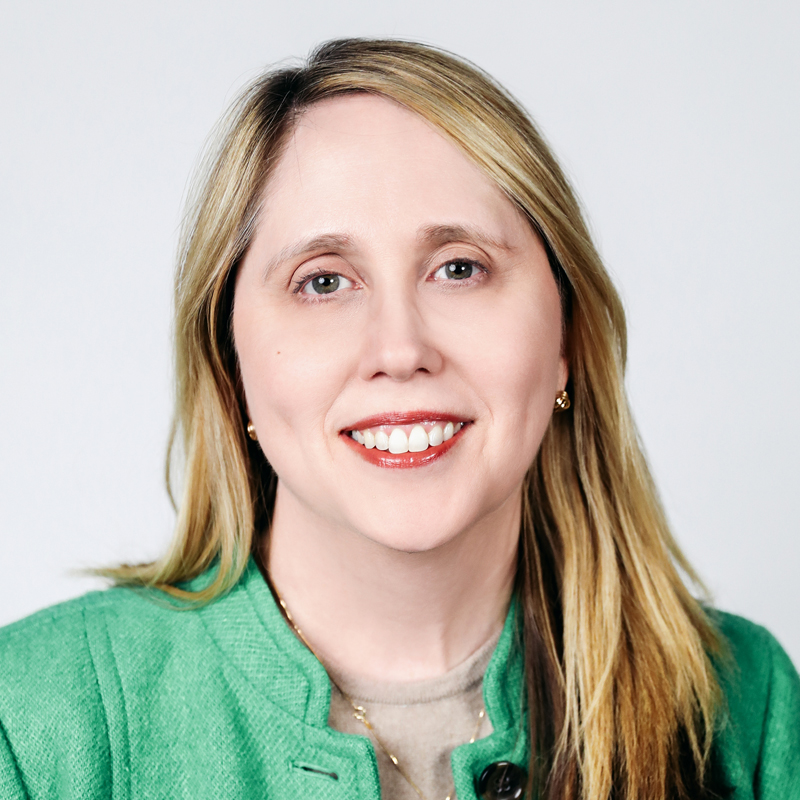
Laura Goff, MD
Vanderbilt University

Laura Goff, MD
Vanderbilt University
Dr. Goff is a medical oncologist who specializes in gastrointestinal cancers, particularly hepatobiliary cancers. Dr. Goff received her medical degree from the University of Texas Health Science Center in San Antonio. She went on to complete a residency in Internal Medicine at the University of Texas Southwestern Medical Center at Dallas. Dr. Goff then moved to Vanderbilt University for fellowship training in Hematology and Oncology. She joined the faculty in the GI Oncology program at Vanderbilt in 2007 and completed a Master of Science in Clinical Investigation in 2008. Additionally, she served as the Associate Director of the Hematology-Oncology Fellowship Program at Vanderbilt from 2009-2019 and has served as the Medical Director for Hematology-Oncology since 2018. She has been a member of the NCI Hepatobiliary Cancers Task Force, the American Society of Clinical Oncology Professional Development Committee, Education Committee and Scientific Program Committee, and the Executive Committee of the International Cholangiocarcinoma Research Network. Dr. Goff’s research focuses on developing the use of new therapeutics in hepatobiliary cancers through clinical trials.
(Precision Therapeutics Initiative Group)
“I loved thinking about GI problems but had no interest in procedures. What I did love was drug development and patients with hepatobiliary cancers had (and still have) tremendous need for new treatments.”
Can you tell us a bit about yourself?
I claim many “hometowns” as I was born in Chicago, spent all holidays in my parents’ hometown of Wichita, Kansas, and grew up outside of Dallas, Texas. I moved around through training at Duke, UT in San Antonio, UT Southwestern and was fortunate to land at Vanderbilt-Ingram Cancer Center for fellowship where I have happily stayed put ever since! Systemic therapy for hepatobiliary cancers was really just beginning, and I was hired to develop our program of clinical trials. In addition to my research, I served as the Associate Program Director for our Hematology-Oncology Fellowship for 10 years and now serve as the Executive Medical Director for the Cancer Patient Care Center at Vanderbilt University Medical Center. I am lucky to have an extremely supportive husband who works in residential architecture and brings that creativity to balance my pragmatism as we raise our much loved son and miniature schnauzer, Dolly (after Ms. Parton).
Can you share one or two of your specific research interests?
I am primarily focused on finding new and better treatments for patients with hepatobiliary cancers particularly through early-phase clinical trials.
Why did you decide to specialize in hepatobiliary cancers?
Out of sheer coincidence, I did a visiting rotation at Memorial Sloan Kettering and was assigned the hepatobiliary consult service. I loved working with the patients and the multidisciplinary teams. In residency, my favorite attending and upper level resident were both gastroenterologists. I loved thinking about GI problems but had no interest in procedures.
What I did love was drug development and patients with hepatobiliary cancers had (and still have) tremendous need for new treatments. Because Vanderbilt is a large liver transplant center, our population of patients was growing just as I was finishing fellowship and we definitely had a need to care for these patients. For me, it was a natural fit.
Can you describe one of the unforgettable moments in your patients care or research that has impacted your career?
Honestly, the formation of a working group at one of CCF’s earliest meetings impacted my career most by establishing cross-country collaboration opportunities and helped highlight how I can make meaningful contributions in these rare cancers. Dr. Katie Kelley, Dr. Maeve Lowery and I were grouped together at that meeting. Over time, our network has expanded with a common mission of generating good studies while supporting each other in the clinical care of our patients.
Can you tell us one thing collaboration with colleagues could accomplish that you could not accomplish on your own?
Everything requires collaboration! CCF recognized this early on and somehow got all of the best minds in the world to work together.
If you had access to one resource that would move your research forward, what would that resource be?
More time
How did you learn about the Cholangiocarcinoma Foundation?
I was introduced to Marion Schwartz by my mentor, Dr. Jordan Berlin while I was still a fellow. He planned to hand over the responsibilities for hepatobiliary tumors at Vanderbilt-Ingram to me and knew to make the connection.
Can you tell us why you became a member of the ICRN?
Becoming a member of the ICRN was a no-brainer. I’m passionate about advancing the care of patients through collaborative clinical trials which is right in line with their mission. Moreover, it is run by such smart, kind, outstanding people that I wanted to be a part of it.
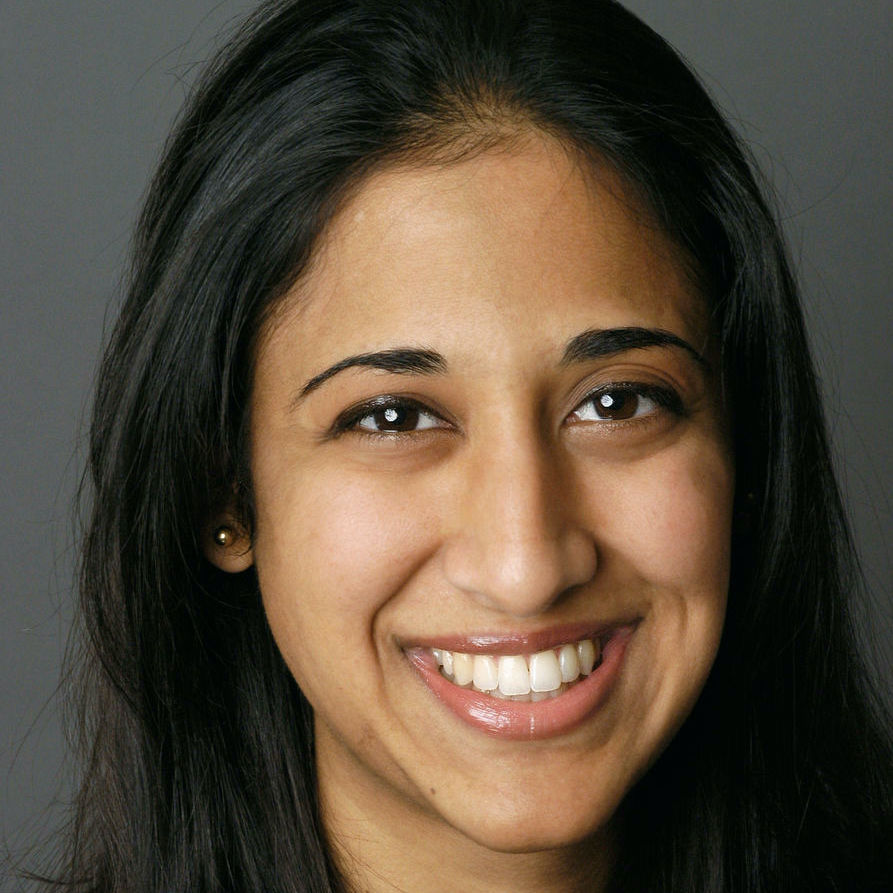
Lipika Goyal, MD
Stanford University

Lipika Goyal, MD
Stanford University
Lipika is an Assistant Professor of Medicine at Harvard Medical School and a member of the faculty in Gastrointestinal Medical Oncology at the Massachusetts General Hospital Cancer Center. She completed her undergraduate degree in neuroscience at the University of Pennsylvania and then received a Rhodes Scholarship to pursue a Master of Philosophy in Development Studies at the University of Oxford. She completed her medical degree from Harvard Medical School and then went on to do her residency from the Brigham and Woman’s Hospital and her hematology/oncology fellowship at the Dana Farber/Harvard Cancer Center. She currently leads the Liver Cancer Research Program at MGH and serves as the principal investigator of multiple clinical trials in hepatobiliary cancers. Dr. Goyal has been recognized for her work in understanding clinically acquired FGFR resistance in patients with FGFR2 fusion positive cholangiocarcinoma. She serves on the Hepatobiliary Cancers Panel of the National Comprehensive Cancer Network and the Steering Committee for National Cancer Institute Liver Cancer Moonshot Program. Her research is supported by American Cancer Society Clinical Scientist Development Grant, National Institutes of Health GI SPORE, the Department of Defense, and the Cholangiocarcinoma Foundation Andrea Marie Fuquay Research Fellowship.
(Genotype/Phenotype Initiative Group)

Sumera Ilyas, MD, PhD
Mayo Clinic

Sumera Ilyas, MD, PhD
Mayo Clinic
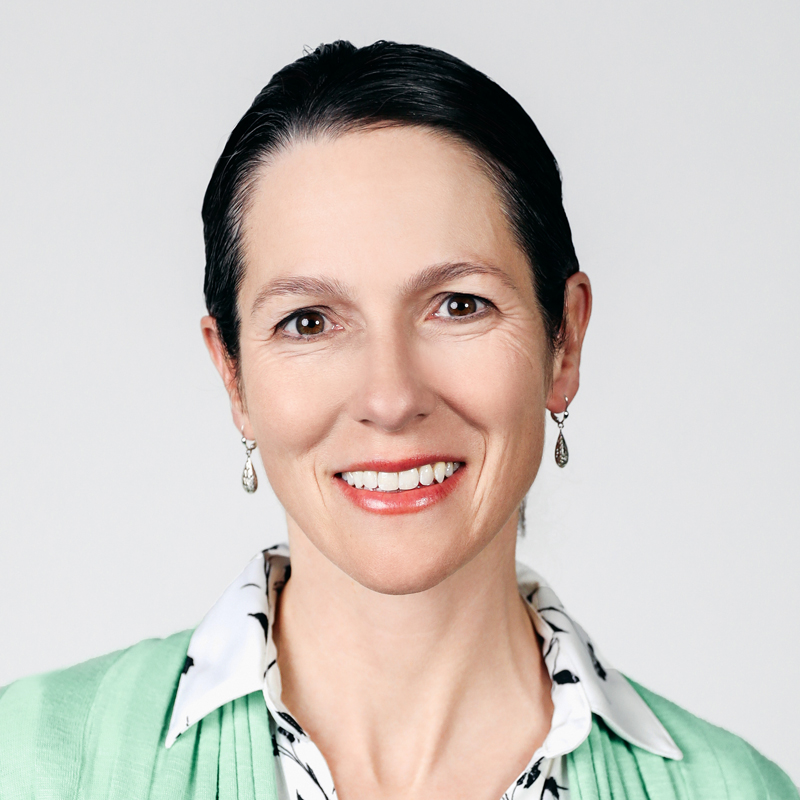
Katie Kelley, MD
UCSF

Katie Kelley, MD
UCSF
“Seeing some of my cholangiocarcinoma patients achieve complete and prolonged responses to immunotherapy has been among the most unforgettable, impactful, and meaningful moments in my career…”
Name: Katie Kelley
Email: katie.kelley@ucsf.edu
Organization: UCSF
Can you tell us a bit about yourself?
I am a GI Medical Oncologist at UCSF and lead our hepatobiliary cancer clinical research program.
Can you share one or two of your specific research interests?
Developing new targeted therapies and immunotherapies for biliary tract cancers and hepatocellular carcinoma.
Identifying molecular and clinical factors associated with risk and response in hepatobiliary cancers.
Why did you decide to specialize in hepatobiliary cancers?
I wanted to contribute my efforts to a complex family of cancers — and the patients with those cancers — with enormous unmet need in oncology.
Can you describe one of the unforgettable moments in your patients care or research that has impacted your career?
Seeing some of my cholangiocarcinoma patients achieve complete and prolonged responses to immunotherapy has been among the most unforgettable, impactful, and meaningful moments in my career and has led to my goal of finding new combinations to improve patients’ chances of experiencing an immune response.
Can you tell us one thing collaboration with colleagues could accomplish that you could not accomplish on your own?
Collaboration is essential in cancer research, especially in rare cancers with even rarer molecular subgroups. Completing clinical trials of targeted therapies such as FGFR2 inhibitors or IDH1 inhibitors would not be possible without large collaborations, and these collaborations enrich all of our understanding of the disease.
How did you learn about the Cholangiocarcinoma Foundation?
Stacie sent me an email long ago to introduce me to collaborators across the country — a collaboration which is ongoing to this day!
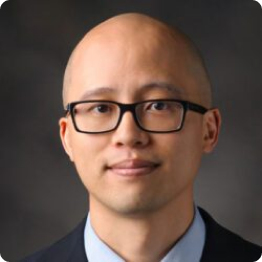
Eugene Koay
MD Anderson Cancer Center

Eugene Koay
MD Anderson Cancer Center
Dr. Koay is an Associate Professor in the Department of Radiation Oncology at MD Anderson Cancer Center and the Co-Director of Gastrointestinal Radiation Oncology for the MD Anderson Cancer Network. His research interests focus on designing clinical trials to make various radiotherapy technologies more effective with fewer side effects and use of quantitative diagnostic imaging and machine learning for early detection of hepatobiliary cancers.
(Big Data, AI, and Real-World Evidence Initiative Group)
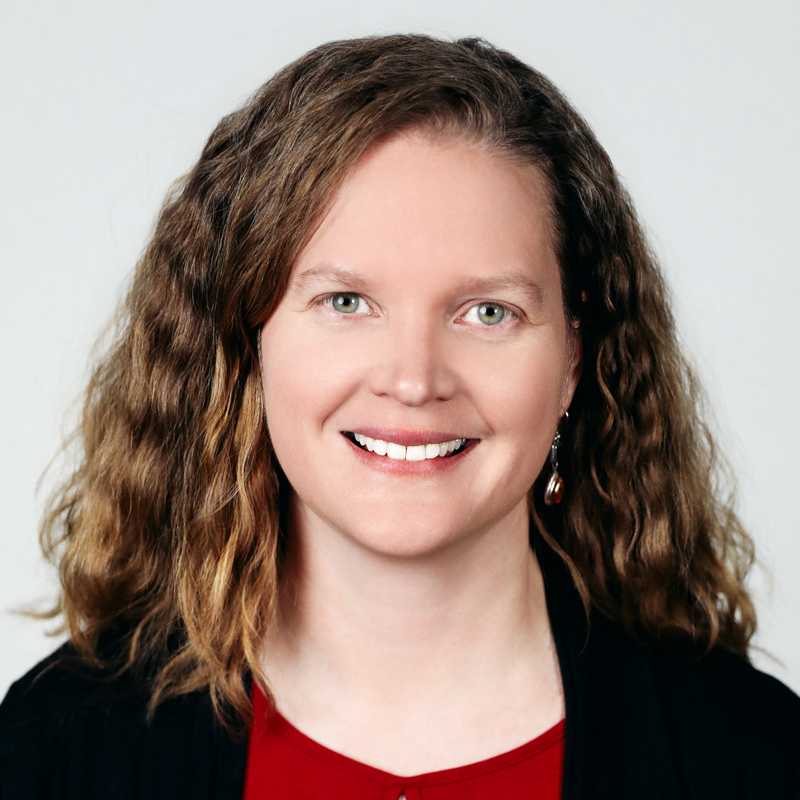
Jill Koshiol, PhD
National Institute of Health

Jill Koshiol, PhD
National Institute of Health

Gregory Lesinski, PhD
Emory-Winship Cancer Institute

Gregory Lesinski, PhD
Emory-Winship Cancer Institute
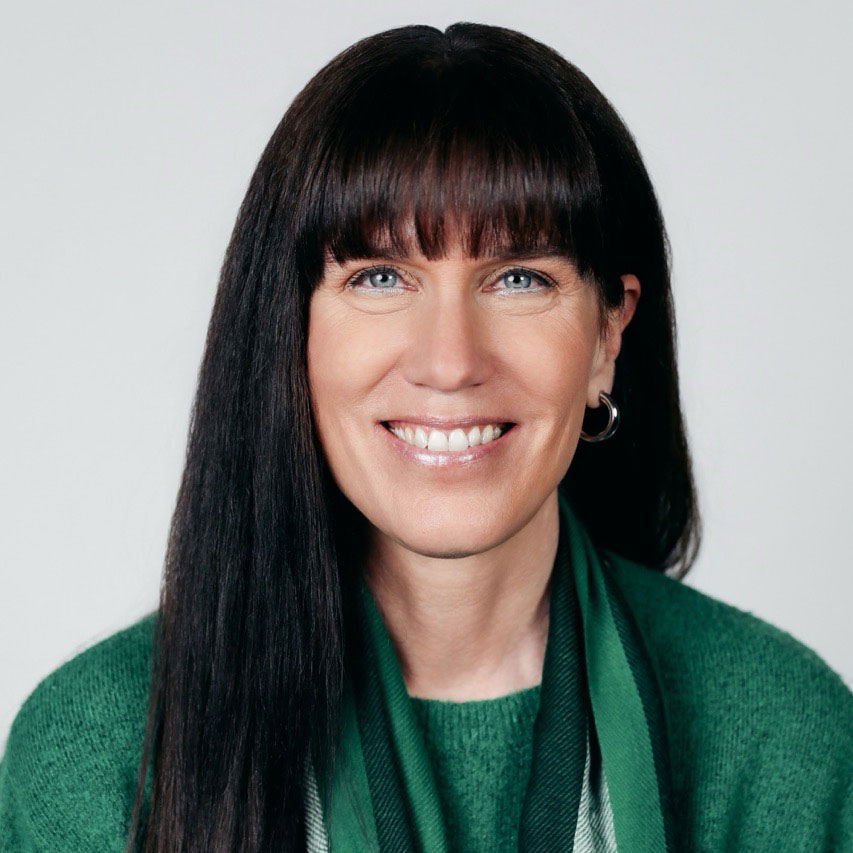
Stacie Lindsey
Cholangiocarcinoma Foundation
FOUNDER & CEO

Stacie Lindsey
Cholangiocarcinoma Foundation
FOUNDER & CEO
Stacie’s brother, Mark Clements, was diagnosed in 2005 and ultimately passed away from Cholangiocarcinoma on January 19, 2007. Stacie advocated for her brother, extensively researched treatment options, and began networking with other patients, scientists, and healthcare professionals. From this experience, the Cholangiocarcinoma Foundation was born.
Stacie is a founding member and has served on the Board of Directors since its inception. Stacie resides in Lehi, Utah, where she has five children. She holds a Bachelor of Arts degree in Psychology from Brigham Young University and studied nonprofit leadership at Harvard Business School. Stacie is an active member of her church and community.
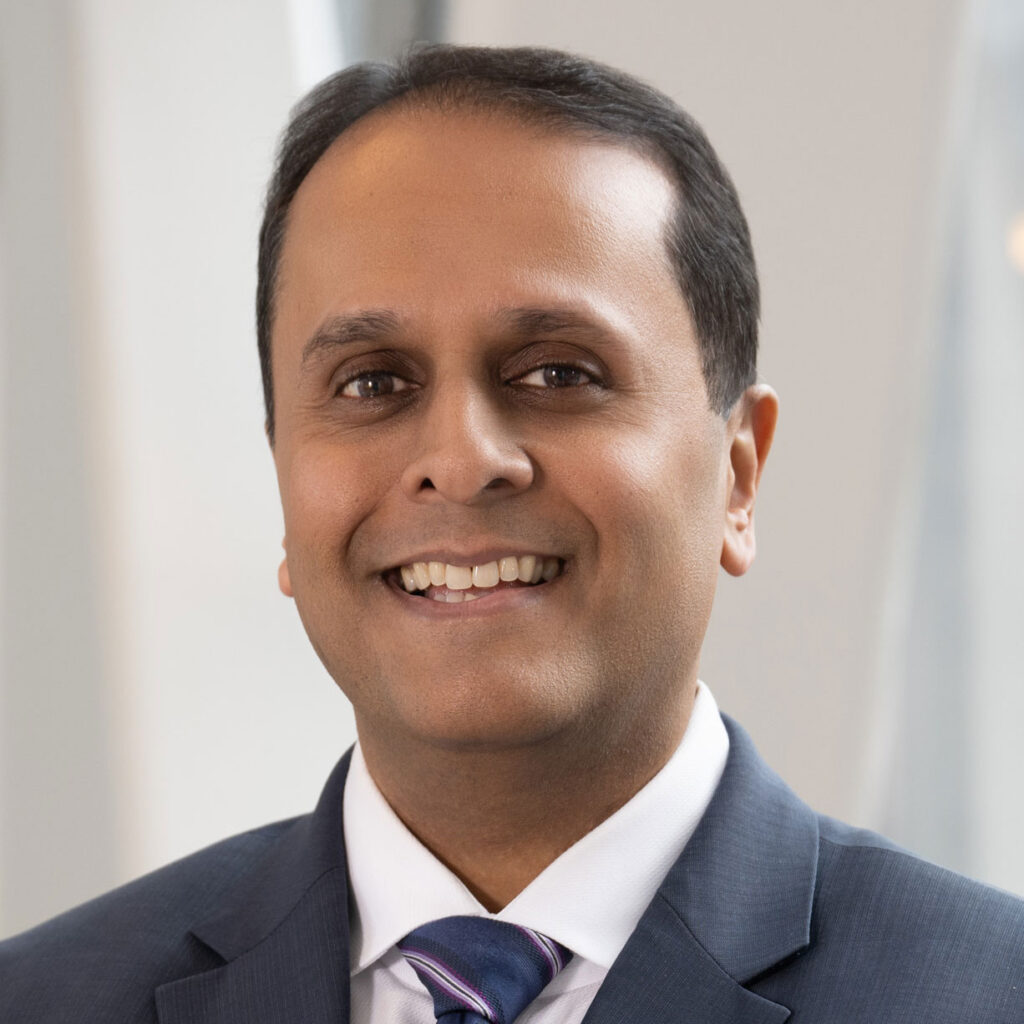
Shishir K. Maithel, MD
Northwestern University

Shishir K. Maithel, MD
Northwestern University
Dr. Maithel is a Professor of Surgery in the Division of Surgical Oncology at Emory University School of Medicine, and the Scientific Director of the Emory Liver and Pancreas Center and Katz Foundation Research Program in Surgical Oncology. He is a member of the Discovery and Developmental Therapeutics Research Program at Winship Cancer Institute. He is leading several national clinical trials. His research interests focus on identifying tumor-specific molecular biomarkers as predictors of treatment outcomes for hepatobiliary cancers.
(Neoadjuvant Targeted Therapy Initiative Group)
“I continually learn from and am inspired by the strength of my patients on a daily basis. Patients are placed in positions where they must endure so much more than I have ever experienced in my own life.”
Can you tell us a bit about yourself?
I am a Professor of Surgery, Scientific Director of the Emory Liver and Pancreas Center, and Director of the Katz Foundation Research Fellowship in Surgical Oncology at Emory University, Winship Cancer Institute.
Can you share one or two of your specific research interests?
Along with leading multiple collaborative research efforts across the United States and being the National Principal Investigator of the US Extrahepatic Biliary Malignancy Consortium, I am leading several clinical trials that focus on delivering novel neoadjuvant therapy regimens to patients prior to undergoing resection of their tumors.
Why did you decide to specialize in hepatobiliary cancers?
There is so much to learn in treating these cancers. The research possibilities and opportunities for clinical trials was very attractive to me. Furthermore, as a Surgical Oncologist, I found the anatomy, physiology, and technical challenges in the operating room very appealing.
Can you describe one of the unforgettable moments in your patients care or research that has impacted your career?
I continually learn from and am inspired by the strength of my patients on a daily basis. Patients are placed in positions where they must endure so much more that I have ever experienced in my own life. Their demonstration of the resilience of the human spirit is truly inspiring on a daily basis.
Can you tell us one thing collaboration with colleagues could accomplish that you could not accomplish on your own?
Conducting clinical trials and quality research is all about cooperating and collaborating with colleagues. I could not have accomplished any of my research without the support, mentorship, and friendship from my colleagues around the country and world.
If you had access to one resource that would move your research forward, what would that resource be?
An endless pot of money.
How did you learn about the Cholangiocarcinoma Foundation?
I was introduced to the CCF by my colleague Dr. Flavio Rocha in 2015.
Can you tell us why you became a member of the ICRN?
The ICRN provided a strong and rich environment to develop research ideas and a vast network in which to conduct clinical trials.
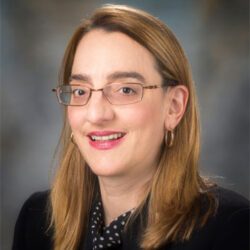
Funda Meric-Bernstam, MD
MD Anderson Cancer Center

Funda Meric-Bernstam, MD
MD Anderson Cancer Center
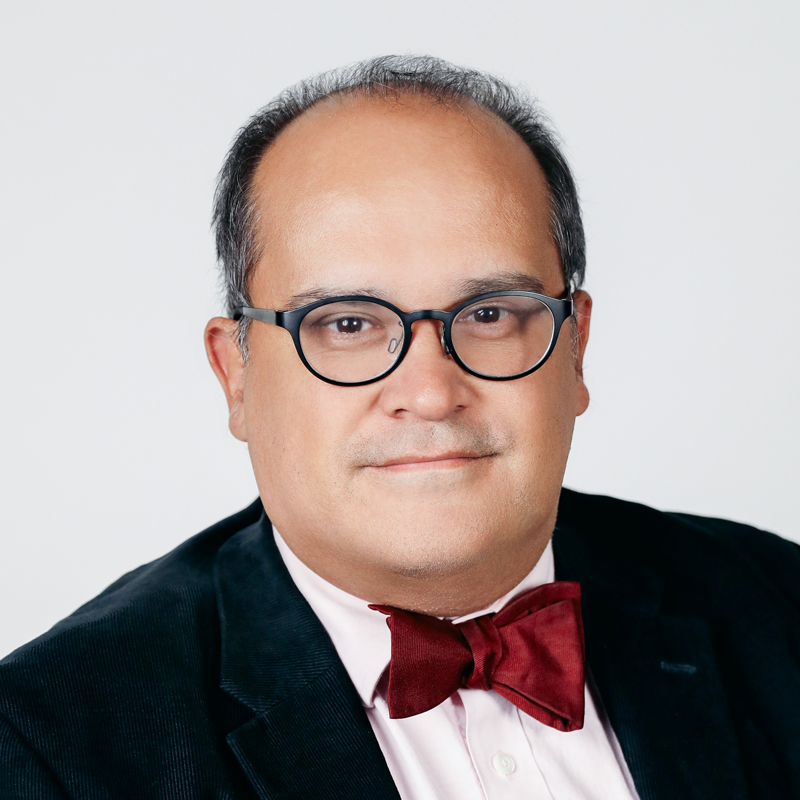
Flavio Rocha, MD, FACS, FSSO
Oregon Health & Science University

Flavio Rocha, MD, FACS, FSSO
Oregon Health & Science University
Dr. Rocha is a surgical oncologist and hepatopancreatobiliary surgeon in the Section of General, Thoracic and Vascular Surgery at Virginia Mason Medical Center in Seattle. In addition he is the Director of Research in the Digestive Disease Institute and Associate Medical Director of the Floyd and Delores Jones Cancer Institute. He holds an appointment as a Clinical Associate Professor of Surgery at the University of Washington and Clinical Professor of Medical Education and Clinical Sciences at Washington State University. After attending the Pritzker School of Medicine at the University of Chicago, Dr. Rocha completed a residency in general surgery at the Brigham and Women’s Hospital and a postdoctoral research fellowship in tissue engineering at Harvard Medical School, both in Boston. After residency, he served as a surgical oncology and hepatopancreatobiliary surgery fellow at Memorial Sloan-Kettering Cancer Center in New York City. His clinical practice encompasses all aspects of benign and malignant disease of the liver, bile ducts and pancreas. As an investigator at the Benaroya Research Institute in Seattle, his research is focused on biomarker discovery and novel therapeutics in pancreaticobiliary cancer. He has been funded by ASCO and the Cholangiocarcinoma Foundation. He currently sits on the editorial boards of HPB, Annals of Surgical Oncology, Journal of Surgical Oncology and PLoS ONE. In addition, he is the current Chair of the Membership Committee in the AHPBA and Vice-Chair of the SWOG Surgery Committee. Lastly, he has served on the Pancreas Task Force at the NCI and is the surgical lead of the International Cholangiocarcinoma Research Network.
(Liquid Biopsy Initiative Group)
“I am always amazed by the courage of my patients, particularly in the face of adversity.”
Can you tell us a bit about yourself?
I am surgical oncologist with a both a clinical and research focus in tumors of the liver, biliary tract and pancreas. I serve as the Division Head of Surgical Oncology at Oregon Health and Science University and Physician-in-Chief of the Knight Cancer Institute, both in Portland, OR. In my spare time, I like to travel and take photographs particularly in the beautiful Pacific Northwest with my family and golden retriever. Originally from Brazil, I do enjoy the beach and am an avid soccer fan.
Can you share one or two of your specific research interests?
My interests lie in biomarker discovery and validation for pancreatobiliary cancers. Their use for early detection, response to therapy and prognostic evaluation can help us improve our treatment modalities. I am also heavily involved in the NCTN Cooperative Groups in order to help design and execute novel therapeutic trials particularly in the localized space.
Why did you decide to specialize in hepatobiliary cancers?
As a trainee, I was attracted to the complexities of the anatomy and physiology of the liver and pancreas. These were also the most challenging operations to perform and master in the abdomen. Lastly, I felt this was a disease where I could perhaps make the most impact.
Can you describe one of the unforgettable moments in your patients care or research that has impacted your career?
I am always amazed by the courage of my patients, particularly in the face of adversity.
Can you tell us one thing collaboration with colleagues could accomplish that you could not accomplish on your own?
The neoadjuvant chemotherapy trial for intrahepatic cholangiocarcinoma is a great example of an ICRN effort that could not have been accomplished in any one institution.
If you had access to one resource that would move your research forward, what would that resource be?
We are always looking for funding and also to be able to expand clinical trials abroad, particularly in Asia.
How did you learn about the Cholangiocarcinoma Foundation?
I was fortunate to receive the inaugural ASCO Young Investigator Award sponsored by the Cholangiocarcinoma Foundation. This initial support lead to my ability to dedicate my career to the field.
Can you tell us why you became a member of the ICRN?
In order to connect with my fellow colleagues around the country and the world especially those in different oncologic specialties. We have been able to perform studies, launch efforts and complete clinical trials with the dedication and support of the ICRN.
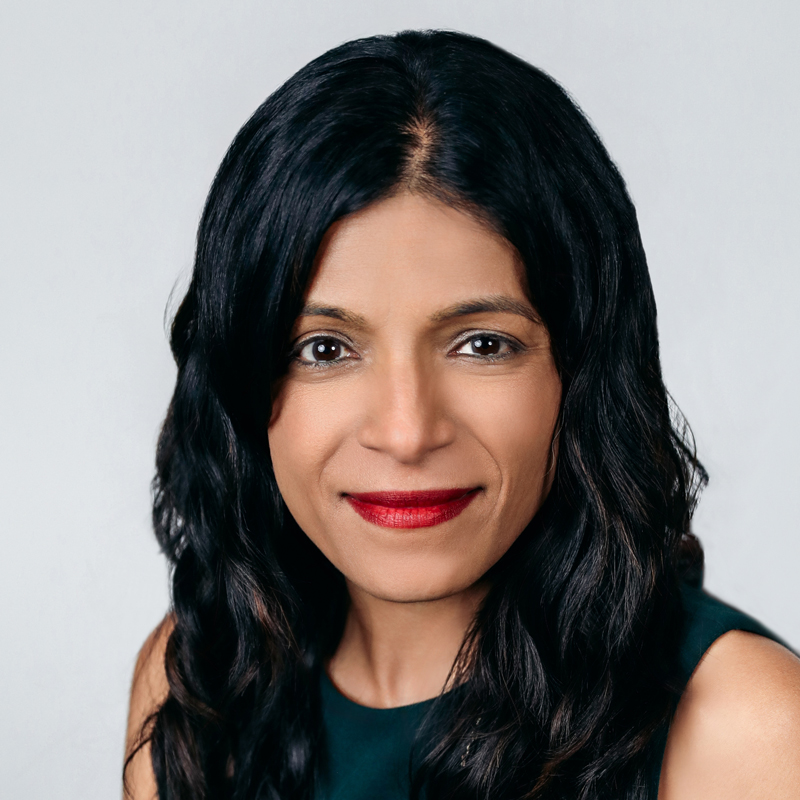
Rachna Shroff, MD
University of Arizona Cancer Center

Rachna Shroff, MD
University of Arizona Cancer Center
Dr. Shroff is an Associate Professor in the Department of Medicine, Division of Hematology and Oncology, and Chief of the Section of Gastrointestinal Medical Oncology at the University of Arizona Cancer Center. She participates in the Southwest Oncology Group GI Committee and the NCI Hepatobiliary Taskforce. Her research interests focus on biliary and pancreatic cancers, including developing personalized novel targeted therapies and identifying new molecular biomarkers for diagnosis and treatment.
(Neoadjuvant Targeted Therapy Initiative Group)
“Taking a patient who was told that he/she had an incurable disease, putting them on a trial with a novel therapy, seeing a dramatic response and then taking them to a curative surgery is by far the most rewarding thing in my day-to-day.”
Can you tell us a bit about yourself?
I am the Chief of GI Medical Oncology at the University of Arizona Cancer Center (UACC) where my clinical and research interests focus on biliary and pancreatic cancers. I also serve as the Director of UACC’s Clinical Trials Office. I was previously on faculty at MD Anderson Cancer Center where I helped grow a prolific biliary research program with a robust clinical trial portfolio. Since joining UACC, I have helped grow the GI research program and have enjoyed building collaborations across the institution to grow translational research efforts. I am committed to improving outcomes for patients with pancreaticobiliary cancers and enjoy watching drug development blossom for my patients with cholangiocarcinoma. There is nothing more rewarding than holding our patients’ hands through this journey and giving them hope as we see immense progress in these diseases.
Personally, I am happily married to a busy allergist on faculty at University of Arizona and we are kept busy raising two beautiful kids. We miss Houston, but have been enjoying the beautiful desert landscape and climate. We love to travel to new places (outside of global pandemics), I live to exercise for wellness, and dancing is my creative outlet.
Can you share one or two of your specific research interests?
My research interests focus on developing novel cytotoxic, targeted, and immune therapies for patients with biliary cancers and pancreatic cancers. I primarily engage in clinical trials but relish working with basic scientists to translate their discoveries into clinic.
Why did you decide to specialize in hepatobiliary cancers?
My focus in HPB cancers came from the clinic. Caring for patients with these diagnoses require committed researchers who are willing to think outside of the box, to advocate for research funding and to work collaboratively to improve outcomes. This is exactly what drove me into this space – a desire to impact patient care in a clinically meaningful way through scientific discovery and momentum. Giving hope to patients and watching the needle move forward is the most rewarding feeling for me as an oncologist.
Can you describe one of the unforgettable moments in your patients care or research that has impacted your career?
There are so many moments that help me keep my eyes on the prize. Taking a patient who was told that he/she had an incurable disease, putting them on a trial with a novel therapy, seeing a dramatic response and then taking them to a curative surgery is by far the most rewarding thing in my day-to-day. This is why I get out of bed every day – to see this progress happening in the clinic! For research, one unforgettable moment was when our national study, SWOG 1815 completed accrual in record time. This was an NCI-sponsored study and the first randomized phase 3 study in biliary cancers in the US. Being able to complete a study quickly to answer a meaningful question for this disease has been hands down one of the most rewarding moments in my research career.
Can you tell us one thing collaboration with colleagues could accomplish that you could not accomplish on your own?
The progress we have seen in understanding the molecular and immune landscape of cholangiocarcinoma is a perfect example of why collaboration is essential to eradicating this disease. We came together as researchers to learn about the importance of biomarker testing and its clinical relevance. This knowledge empowered us to launch clinical trials with targeted therapies that have led to FDA approvals in cholangiocarcinoma! None of this would have been possible if we, as researchers, did not come together to pool knowledge.
If you had access to one resource that would move your research forward, what would that resource be?
Funding! We are getting more and more funding dedicated to cholangiocarcinoma research (thanks in large part to advocacy from CCF), but we have so much more work to do! As we have come together as collaborators and built a repository of preclinical models, there are so many questions left to be asked and answered. More federal funding, philanthropic funding, and industry funding will drive us to progress. We have the momentum and we want to keep it going!
How did you learn about the Cholangiocarcinoma Foundation?
I have had the pleasure to be involved with CCF since (close to) the beginning. Being a junior faculty member at MD Anderson and working with Dr. Milind Javle, he introduced me early on to Stacie and CCF. It became readily apparent to me that this organization was going change the face of this disease and have a last impact. As such, I immediately began attending the national conference and getting to know other members. More recently, I have had the pleasure of chairing the 2020 National Conference and currently serve on the Scientific and Medical Advisory Board. I am so grateful to CCF to have them as a partner and as a force for our research in cholangiocarcinoma.
Can you tell us why you became a member of the ICRN?
I became a member of ICRN early on because I knew that to truly make an impact on this disease, researchers from all over the world would need to come together to ask important scientific questions. ICRN was a mechanism to bring US collaborators in close touch with our brilliant scientists in Europe, Asia, and beyond. Since joining, I have had the pleasure of working in the Immunotherapy Working Group and helping design novel questions in the space of immune-oncology. I also now serve on the Executive Committee and have enjoyed working elbow-to-elbow with international thought leaders to identify areas of focus for research that will have a global impact on cholangiocarcinoma.

Sameek Roychowdhury, MD, PhD
The Ohio State University

Sameek Roychowdhury, MD, PhD
The Ohio State University
Dr. Roychowdhury is an Assistant Professor in the Department of Internal Medicine and the Department of Pharmacology at Ohio State University. As a member of the Translational Therapeutics Program at the Ohio State University Comprehensive Cancer Center, he is developing clinical trials focused on genomic alterations to identify optimal therapies for patients.
(Liquid Biopsy Initiative Group)
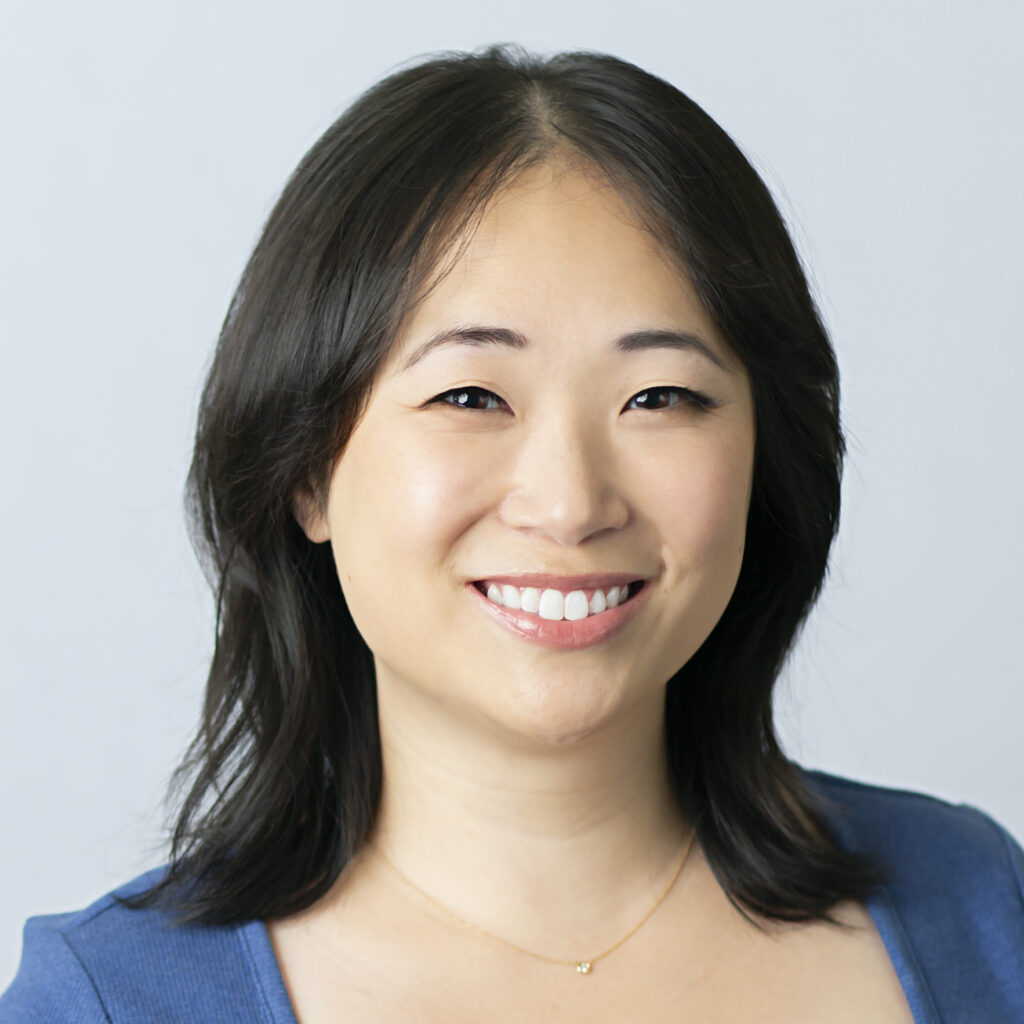
Jennifer Wild, RN, MS, BSN
University of California, San Francisco

Jennifer Wild, RN, MS, BSN
University of California, San Francisco
Jenn is a hepatobiliary nurse at the UCSF Cancer Center where she works with Dr. Katie Kelley and Dr. John Gordan. Several of her family members have been affected by hepatobiliary disorders and she is grateful to serve this population. Jenn is a clinical leader at UCSF on a variety of nursing councils and patient care improvement groups and she has worked with Drs. Kelley and Gordan as a data analyst in some of their published research studies.
Jenn completed her nursing degree at the University of Illinois at Chicago (BSN) and earned a master’s degree in Health Policy from UCSF (MS). She is board certified in oncology nursing (OCN). She was a theater manager and comedy instructor in San Francisco and did her stage training in Chicago.
Scientific & Medical Advisory Board Emeritus Members
Nabeel Bardeesy, PhD
Ghassan Abou-Alfa
Donald Coppock, PhD
Crystal Denlinger
Cristina R. Ferrone, MD
Greg Gores, MD
Paige Griffith, RN, NP
Ted Hong, MD
Milind Javle, MD
Lewis Roberts
Virote Sriuranpong, MD, PhD
Nursing and Allied Health Professionals Advisory Board (NAAB)

Jennifer Wild, RN, MS, BSN
University of California, San Francisco
Chair

Jennifer Wild, RN, MS, BSN
University of California, San Francisco
Chair
Jenn is a hepatobiliary nurse at the UCSF Cancer Center where she works with Dr. Katie Kelley and Dr. John Gordan. Several of her family members have been affected by hepatobiliary disorders and she is grateful to serve this population. Jenn is a clinical leader at UCSF on a variety of nursing councils and patient care improvement groups and she has worked with Drs. Kelley and Gordan as a data analyst in some of their published research studies.
Jenn completed her nursing degree at the University of Illinois at Chicago (BSN) and earned a master’s degree in Health Policy from UCSF (MS). She is board certified in oncology nursing (OCN). She was a theater manager and comedy instructor in San Francisco and did her stage training in Chicago.
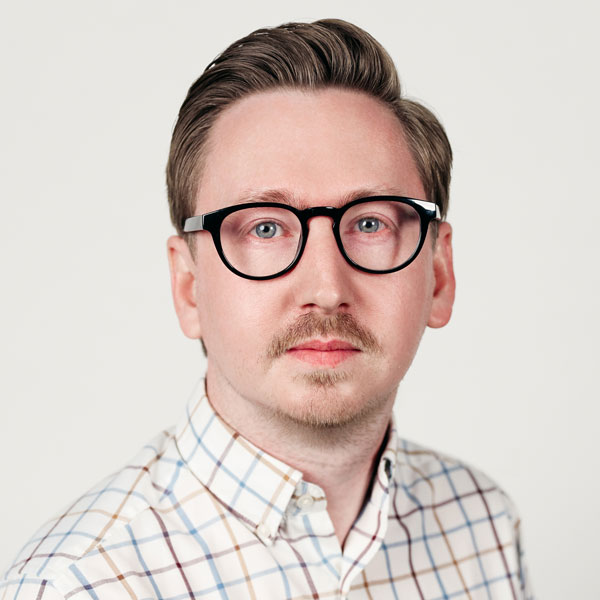
Dean Belcher, RN, tACP
The Christie Hospital
Manchester England

Dean Belcher, RN, tACP
The Christie Hospital
Manchester England

Paige Griffith, RN, NP
Johns Hopkins University

Paige Griffith, RN, NP
Johns Hopkins University
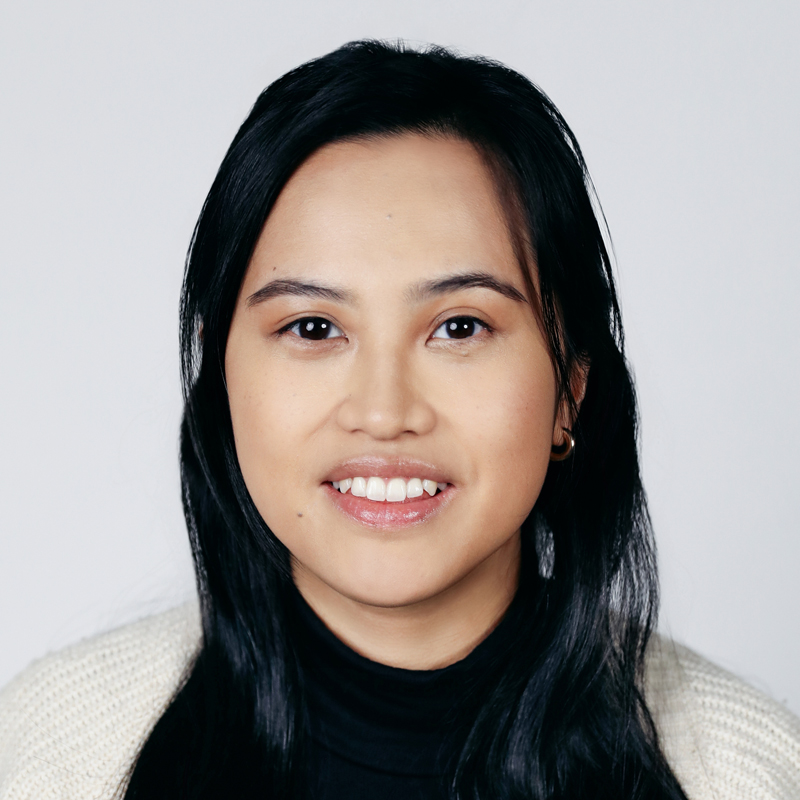
Kirsten Hernandez, BSN, RN
MD Anderson Cancer Center

Kirsten Hernandez, BSN, RN
MD Anderson Cancer Center

Donna M. Hrones, MS, CNS, ACNP-BC
National Cancer Institute National Institutes of Health

Donna M. Hrones, MS, CNS, ACNP-BC
National Cancer Institute National Institutes of Health
Donna M. Hrones, MS, CNS, ACNP-BC is a board-certified Nurse Practitioner currently working with the Gastrointestinal Malignancy Branch at the National Cancer Institute.
Her experience is in the medical management of patients with solid tumor GI cancers specifically with pancreas, colon, and hepatobiliary cancers.
Donna received her Master of Science with a specialty in acute, emergency and critical care nursing.
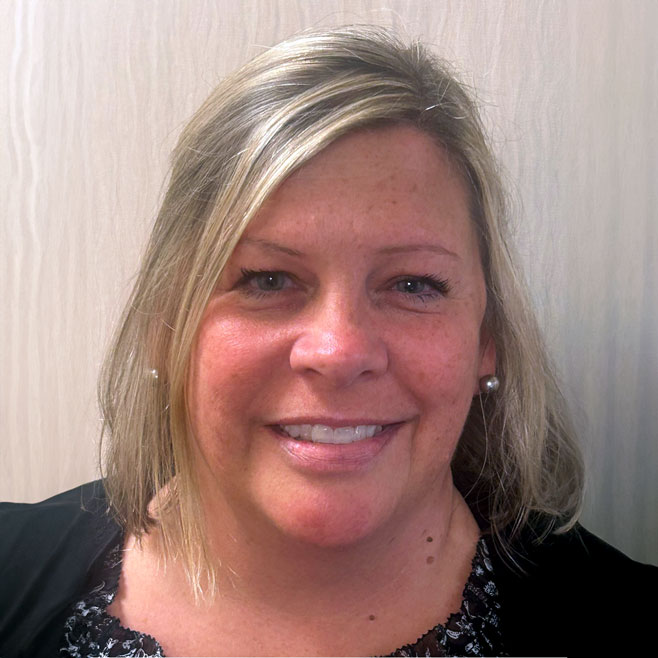
Carrie Kleinschmidt, RN-BSN
Mayo Clinic

Carrie Kleinschmidt, RN-BSN
Mayo Clinic
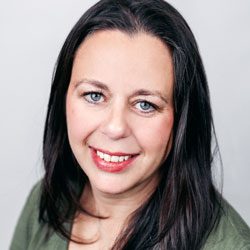
Laura LaPaglia Swift, BSN, RN
Carolina Medical Center, HPB Nurse Navigator

Laura LaPaglia Swift, BSN, RN
Carolina Medical Center, HPB Nurse Navigator

Molly Meeks, RN, BSN, OCN
Banner University Medical Center, Arizona

Molly Meeks, RN, BSN, OCN
Banner University Medical Center, Arizona
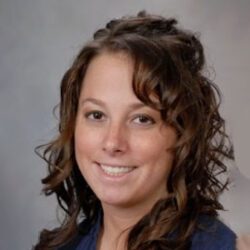
Kaitlyn R. Musto, PA-C, MSPAS
Mayo Clinic

Kaitlyn R. Musto, PA-C, MSPAS
Mayo Clinic
Kaitlyn R. Musto, PA-C, MSPAS, is a board-certified physician assistant currently working with the Department of Transplant Surgery at Mayo Clinic in Jacksonville, FL.
She is an AASLD NP/PA Clinical Hepatology Fellowship recipient and received her Master of Science in Physician Assistant Studies at South University in Savannah, GA.
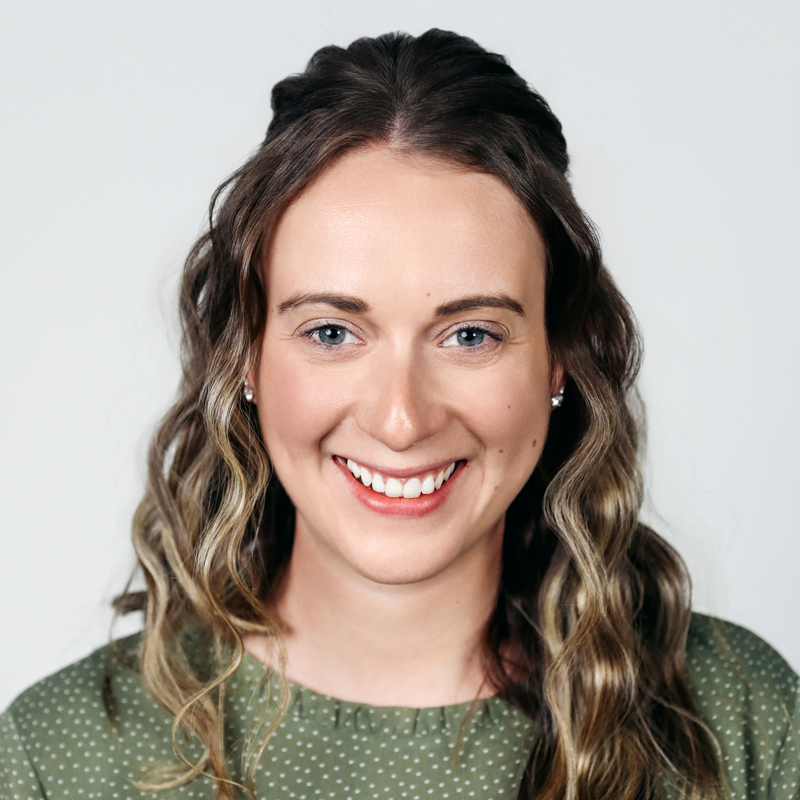
Jenna O’Rourke, NP
Beth Israel Deaconess Medical Center

Jenna O’Rourke, NP
Beth Israel Deaconess Medical Center
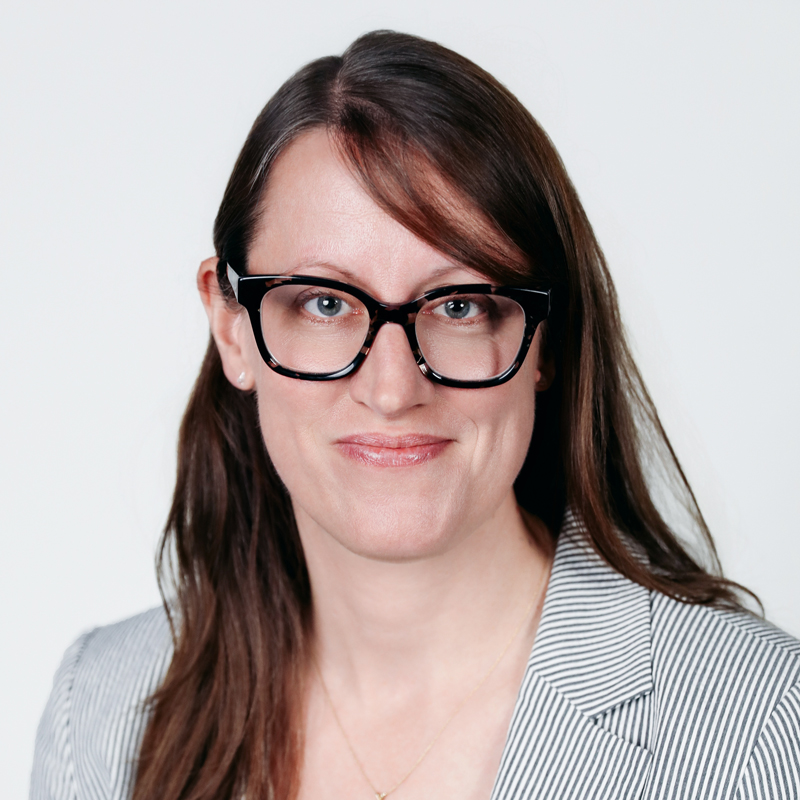
Julie Palmer-Hoffman, MSN, MA, AGACNP-BC, ACHPN
Hartford Healthcare

Julie Palmer-Hoffman, MSN, MA, AGACNP-BC, ACHPN
Hartford Healthcare
Julie Palmer-Hoffman, MSN, MA, AGACNP-BC, ACHPN, currently practices as a Palliative Care Nurse Practitioner at Hartford HealthCare, where she cares primarily for patients with advanced cancer. Julie trained at Yale University School of Nursing, where she specialized in Adult/Gerontology Acute Care and Oncology. She also maintains specialty certification as an Advanced Certified Hospice and Palliative Nurse.
Julie worked previously in academic publishing as a writer and editor and holds a master’s in modern literature from University College London. It was her experience as a caregiver for her mother, who was diagnosed with advanced cholangiocarcinoma in 2011, that motivated her to return to graduate school to pursue a second career in nursing.
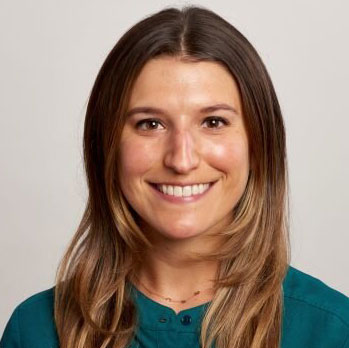
Chelsey Schneider, MS, RD, CSO CDN
Savor Health

Chelsey Schneider, MS, RD, CSO CDN
Savor Health
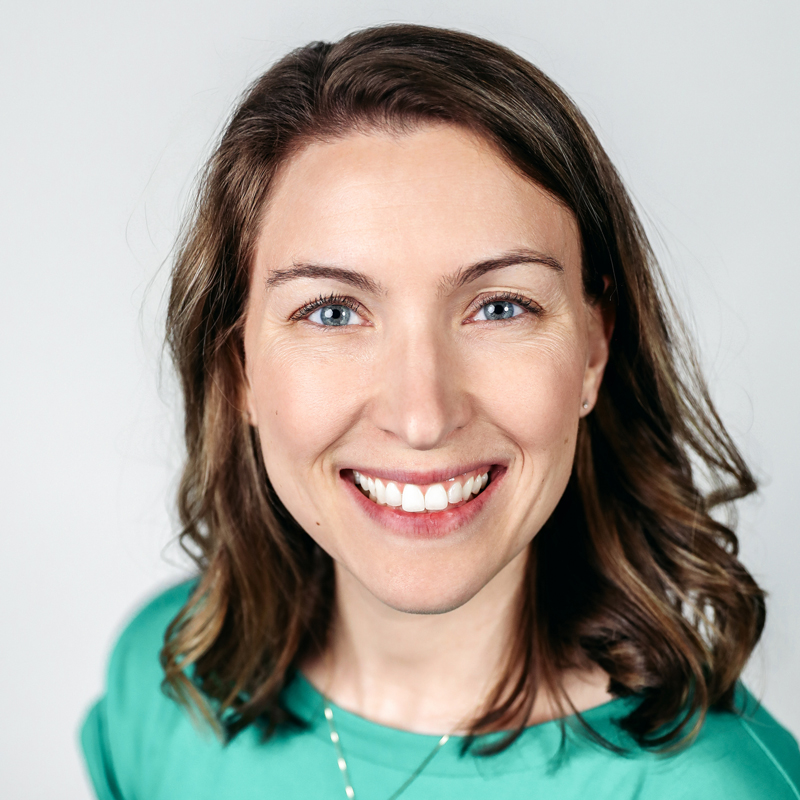
Leslie Swanson, AGPCNP-BC
University of Washington/Seattle Cancer Care Alliance

Leslie Swanson, AGPCNP-BC
University of Washington/Seattle Cancer Care Alliance
The Nursing and Allied Health Professionals Advisory Board (NAAB) is comprised of licensed healthcare professionals who are currently practicing in cancer research centers and have expertise in managing patients with cholangiocarcinoma (bile duct cancer).
MEMBERSHIP
There are no term limits, but active participation is required for quarterly virtual meetings and attendance at the Cholangiocarcinoma Foundation Annual Conference in Salt Lake City in the spring.
In addition to nurses (RN, MSN, DNP), membership is open to licensed:
- Dieticians
- Pharmacists
- Therapists (Physical, Occupational, Speech)
- Social Workers
PURPOSE
NAAB works with the Scientific Medical Advisory Board (SMAB) and the CCF Advocacy Team to develop and share education tailored for patients, caregivers, and healthcare professionals.
Activities Include:
- Clinical nursing practice guidelines
- Conference presentations and updates
- Educational webinars for patients/caregivers
- Abstracts and poster presentations at national cancer conferences
If your expertise and interest align with NAAB’s work, please send your information and CV to research@curecca.org.
The Nursing Advisory Board is comprised of nursing and allied health professionals practicing in cancer research centers throughout the US and UK with expertise in care of patients with cholangiocarcinoma. Their goal is to advance the scientific knowledge of the symptom experience and quality of life of patients with cholangiocarcinoma. This is being accomplished through collaboration with the Medical Advisory Board in the development and publication of Clinical Nursing Practice Guidelines (CNPG’s) for patients with cholangiocarcinoma. The CNPG’s include essential content for practice to enable the nurse to feel confident and competent in the care of patients with cholangiocarcinoma. The Nursing Advisory Board conducted a systematic review to assess the current state of nursing knowledge consistent with national standards and guidelines of care previously established along with current institutional practice. The CNPG’s model utilizes the nursing process with a summarized guideline format to include Goals/Outcomes of Care, Assessment and Interventions with references for each. References have been reviewed utilizing the John Hopkins Nursing Evidence Rating Scale.
The CNPG’s available are:
- Care of the patient with external biliary drains and internal bile duct stents
- Care of the patient with intractable nausea and vomiting
- Care of the patient with fatigue
- Care of the patient on weekly Gemcitabine and Cisplatin
- Care of the patient receiving photon radiation
- Care of the patient receiving protons on a clinical trial
- Care of the patient preparing for liver transplantation
- Care of the patient with ineffective coping and mindfulness
Updated NCCN Guidelines for Patients:
ICRN Committee Members
Data Committee Co-Chairs
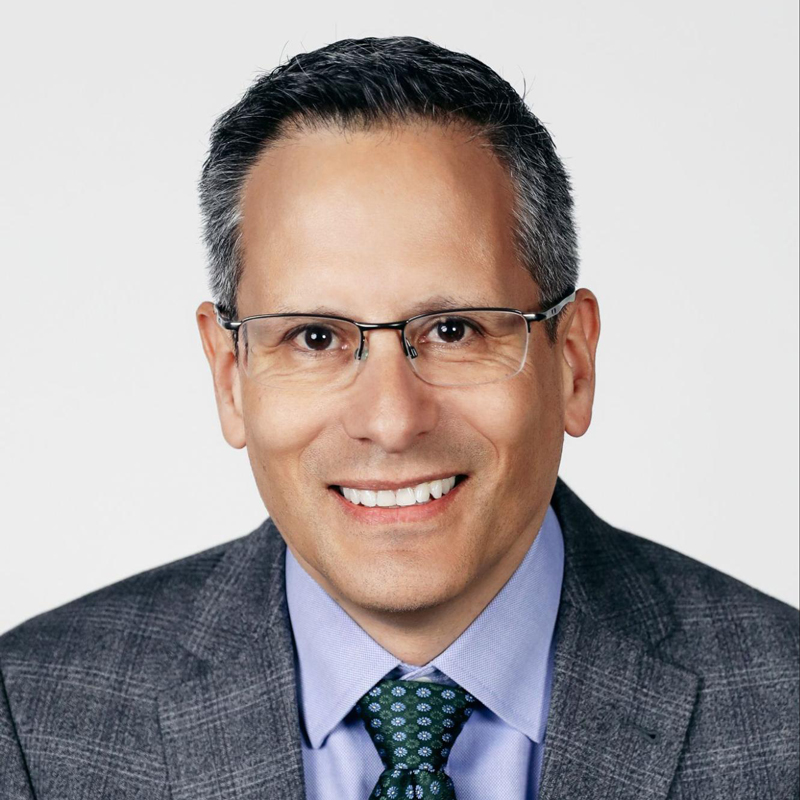
Juan Valle, MB, ChB, MSc, FRCP
BOULDER, COLORADO

Juan Valle, MB, ChB, MSc, FRCP
BOULDER, COLORADO
Dr. Valle most recently served as a professor and honorary consultant in medical oncology at the University of Manchester and The Christie NHS Foundation Trust in Manchester, UK. Dr. Valle was part of a team establishing the first standard of care for patients with advanced cholangiocarcinoma in 2009 and is a founding member of the International Biliary Tract Cancer Consortium. He chaired the UK National Cancer Research Institute neuroendocrine subgroup and was a member of the hepatobiliary and pancreatic cancer subgroups. His research focused on developing new therapies for pancreatic, biliary, and neuroendocrine cancers, and he has been instrumental in designing and developing many clinical trials.
Throughout his career, Dr. Valle has made significant contributions to the field, authored numerous publications, including over 300 scientific articles, and received multiple research grants to support his work. His research set the standard for patient care in cholangiocarcinoma.

Shishir K. Maithel, MD
Northwestern University

Shishir K. Maithel, MD
Northwestern University
Dr. Maithel is a Professor of Surgery in the Division of Surgical Oncology at Emory University School of Medicine, and the Scientific Director of the Emory Liver and Pancreas Center and Katz Foundation Research Program in Surgical Oncology. He is a member of the Discovery and Developmental Therapeutics Research Program at Winship Cancer Institute. He is leading several national clinical trials. His research interests focus on identifying tumor-specific molecular biomarkers as predictors of treatment outcomes for hepatobiliary cancers.
(Neoadjuvant Targeted Therapy Initiative Group)
“I continually learn from and am inspired by the strength of my patients on a daily basis. Patients are placed in positions where they must endure so much more than I have ever experienced in my own life.”
Can you tell us a bit about yourself?
I am a Professor of Surgery, Scientific Director of the Emory Liver and Pancreas Center, and Director of the Katz Foundation Research Fellowship in Surgical Oncology at Emory University, Winship Cancer Institute.
Can you share one or two of your specific research interests?
Along with leading multiple collaborative research efforts across the United States and being the National Principal Investigator of the US Extrahepatic Biliary Malignancy Consortium, I am leading several clinical trials that focus on delivering novel neoadjuvant therapy regimens to patients prior to undergoing resection of their tumors.
Why did you decide to specialize in hepatobiliary cancers?
There is so much to learn in treating these cancers. The research possibilities and opportunities for clinical trials was very attractive to me. Furthermore, as a Surgical Oncologist, I found the anatomy, physiology, and technical challenges in the operating room very appealing.
Can you describe one of the unforgettable moments in your patients care or research that has impacted your career?
I continually learn from and am inspired by the strength of my patients on a daily basis. Patients are placed in positions where they must endure so much more that I have ever experienced in my own life. Their demonstration of the resilience of the human spirit is truly inspiring on a daily basis.
Can you tell us one thing collaboration with colleagues could accomplish that you could not accomplish on your own?
Conducting clinical trials and quality research is all about cooperating and collaborating with colleagues. I could not have accomplished any of my research without the support, mentorship, and friendship from my colleagues around the country and world.
If you had access to one resource that would move your research forward, what would that resource be?
An endless pot of money.
How did you learn about the Cholangiocarcinoma Foundation?
I was introduced to the CCF by my colleague Dr. Flavio Rocha in 2015.
Can you tell us why you became a member of the ICRN?
The ICRN provided a strong and rich environment to develop research ideas and a vast network in which to conduct clinical trials.
Program Organizing Committee Co-Chairs

Flavio Rocha, MD, FACS, FSSO
Oregon Health & Science University

Flavio Rocha, MD, FACS, FSSO
Oregon Health & Science University
Dr. Rocha is a surgical oncologist and hepatopancreatobiliary surgeon in the Section of General, Thoracic and Vascular Surgery at Virginia Mason Medical Center in Seattle. In addition he is the Director of Research in the Digestive Disease Institute and Associate Medical Director of the Floyd and Delores Jones Cancer Institute. He holds an appointment as a Clinical Associate Professor of Surgery at the University of Washington and Clinical Professor of Medical Education and Clinical Sciences at Washington State University. After attending the Pritzker School of Medicine at the University of Chicago, Dr. Rocha completed a residency in general surgery at the Brigham and Women’s Hospital and a postdoctoral research fellowship in tissue engineering at Harvard Medical School, both in Boston. After residency, he served as a surgical oncology and hepatopancreatobiliary surgery fellow at Memorial Sloan-Kettering Cancer Center in New York City. His clinical practice encompasses all aspects of benign and malignant disease of the liver, bile ducts and pancreas. As an investigator at the Benaroya Research Institute in Seattle, his research is focused on biomarker discovery and novel therapeutics in pancreaticobiliary cancer. He has been funded by ASCO and the Cholangiocarcinoma Foundation. He currently sits on the editorial boards of HPB, Annals of Surgical Oncology, Journal of Surgical Oncology and PLoS ONE. In addition, he is the current Chair of the Membership Committee in the AHPBA and Vice-Chair of the SWOG Surgery Committee. Lastly, he has served on the Pancreas Task Force at the NCI and is the surgical lead of the International Cholangiocarcinoma Research Network.
(Liquid Biopsy Initiative Group)
“I am always amazed by the courage of my patients, particularly in the face of adversity.”
Can you tell us a bit about yourself?
I am surgical oncologist with a both a clinical and research focus in tumors of the liver, biliary tract and pancreas. I serve as the Division Head of Surgical Oncology at Oregon Health and Science University and Physician-in-Chief of the Knight Cancer Institute, both in Portland, OR. In my spare time, I like to travel and take photographs particularly in the beautiful Pacific Northwest with my family and golden retriever. Originally from Brazil, I do enjoy the beach and am an avid soccer fan.
Can you share one or two of your specific research interests?
My interests lie in biomarker discovery and validation for pancreatobiliary cancers. Their use for early detection, response to therapy and prognostic evaluation can help us improve our treatment modalities. I am also heavily involved in the NCTN Cooperative Groups in order to help design and execute novel therapeutic trials particularly in the localized space.
Why did you decide to specialize in hepatobiliary cancers?
As a trainee, I was attracted to the complexities of the anatomy and physiology of the liver and pancreas. These were also the most challenging operations to perform and master in the abdomen. Lastly, I felt this was a disease where I could perhaps make the most impact.
Can you describe one of the unforgettable moments in your patients care or research that has impacted your career?
I am always amazed by the courage of my patients, particularly in the face of adversity.
Can you tell us one thing collaboration with colleagues could accomplish that you could not accomplish on your own?
The neoadjuvant chemotherapy trial for intrahepatic cholangiocarcinoma is a great example of an ICRN effort that could not have been accomplished in any one institution.
If you had access to one resource that would move your research forward, what would that resource be?
We are always looking for funding and also to be able to expand clinical trials abroad, particularly in Asia.
How did you learn about the Cholangiocarcinoma Foundation?
I was fortunate to receive the inaugural ASCO Young Investigator Award sponsored by the Cholangiocarcinoma Foundation. This initial support lead to my ability to dedicate my career to the field.
Can you tell us why you became a member of the ICRN?
In order to connect with my fellow colleagues around the country and the world especially those in different oncologic specialties. We have been able to perform studies, launch efforts and complete clinical trials with the dedication and support of the ICRN.

Rachna Shroff, MD
University of Arizona Cancer Center

Rachna Shroff, MD
University of Arizona Cancer Center
Dr. Shroff is an Associate Professor in the Department of Medicine, Division of Hematology and Oncology, and Chief of the Section of Gastrointestinal Medical Oncology at the University of Arizona Cancer Center. She participates in the Southwest Oncology Group GI Committee and the NCI Hepatobiliary Taskforce. Her research interests focus on biliary and pancreatic cancers, including developing personalized novel targeted therapies and identifying new molecular biomarkers for diagnosis and treatment.
(Neoadjuvant Targeted Therapy Initiative Group)
“Taking a patient who was told that he/she had an incurable disease, putting them on a trial with a novel therapy, seeing a dramatic response and then taking them to a curative surgery is by far the most rewarding thing in my day-to-day.”
Can you tell us a bit about yourself?
I am the Chief of GI Medical Oncology at the University of Arizona Cancer Center (UACC) where my clinical and research interests focus on biliary and pancreatic cancers. I also serve as the Director of UACC’s Clinical Trials Office. I was previously on faculty at MD Anderson Cancer Center where I helped grow a prolific biliary research program with a robust clinical trial portfolio. Since joining UACC, I have helped grow the GI research program and have enjoyed building collaborations across the institution to grow translational research efforts. I am committed to improving outcomes for patients with pancreaticobiliary cancers and enjoy watching drug development blossom for my patients with cholangiocarcinoma. There is nothing more rewarding than holding our patients’ hands through this journey and giving them hope as we see immense progress in these diseases.
Personally, I am happily married to a busy allergist on faculty at University of Arizona and we are kept busy raising two beautiful kids. We miss Houston, but have been enjoying the beautiful desert landscape and climate. We love to travel to new places (outside of global pandemics), I live to exercise for wellness, and dancing is my creative outlet.
Can you share one or two of your specific research interests?
My research interests focus on developing novel cytotoxic, targeted, and immune therapies for patients with biliary cancers and pancreatic cancers. I primarily engage in clinical trials but relish working with basic scientists to translate their discoveries into clinic.
Why did you decide to specialize in hepatobiliary cancers?
My focus in HPB cancers came from the clinic. Caring for patients with these diagnoses require committed researchers who are willing to think outside of the box, to advocate for research funding and to work collaboratively to improve outcomes. This is exactly what drove me into this space – a desire to impact patient care in a clinically meaningful way through scientific discovery and momentum. Giving hope to patients and watching the needle move forward is the most rewarding feeling for me as an oncologist.
Can you describe one of the unforgettable moments in your patients care or research that has impacted your career?
There are so many moments that help me keep my eyes on the prize. Taking a patient who was told that he/she had an incurable disease, putting them on a trial with a novel therapy, seeing a dramatic response and then taking them to a curative surgery is by far the most rewarding thing in my day-to-day. This is why I get out of bed every day – to see this progress happening in the clinic! For research, one unforgettable moment was when our national study, SWOG 1815 completed accrual in record time. This was an NCI-sponsored study and the first randomized phase 3 study in biliary cancers in the US. Being able to complete a study quickly to answer a meaningful question for this disease has been hands down one of the most rewarding moments in my research career.
Can you tell us one thing collaboration with colleagues could accomplish that you could not accomplish on your own?
The progress we have seen in understanding the molecular and immune landscape of cholangiocarcinoma is a perfect example of why collaboration is essential to eradicating this disease. We came together as researchers to learn about the importance of biomarker testing and its clinical relevance. This knowledge empowered us to launch clinical trials with targeted therapies that have led to FDA approvals in cholangiocarcinoma! None of this would have been possible if we, as researchers, did not come together to pool knowledge.
If you had access to one resource that would move your research forward, what would that resource be?
Funding! We are getting more and more funding dedicated to cholangiocarcinoma research (thanks in large part to advocacy from CCF), but we have so much more work to do! As we have come together as collaborators and built a repository of preclinical models, there are so many questions left to be asked and answered. More federal funding, philanthropic funding, and industry funding will drive us to progress. We have the momentum and we want to keep it going!
How did you learn about the Cholangiocarcinoma Foundation?
I have had the pleasure to be involved with CCF since (close to) the beginning. Being a junior faculty member at MD Anderson and working with Dr. Milind Javle, he introduced me early on to Stacie and CCF. It became readily apparent to me that this organization was going change the face of this disease and have a last impact. As such, I immediately began attending the national conference and getting to know other members. More recently, I have had the pleasure of chairing the 2020 National Conference and currently serve on the Scientific and Medical Advisory Board. I am so grateful to CCF to have them as a partner and as a force for our research in cholangiocarcinoma.
Can you tell us why you became a member of the ICRN?
I became a member of ICRN early on because I knew that to truly make an impact on this disease, researchers from all over the world would need to come together to ask important scientific questions. ICRN was a mechanism to bring US collaborators in close touch with our brilliant scientists in Europe, Asia, and beyond. Since joining, I have had the pleasure of working in the Immunotherapy Working Group and helping design novel questions in the space of immune-oncology. I also now serve on the Executive Committee and have enjoyed working elbow-to-elbow with international thought leaders to identify areas of focus for research that will have a global impact on cholangiocarcinoma.
Research Committee Co-Chairs

Ben Stanger, MD, PhD
University of Pennsylvania
Philadelphia, Pennsylvania

Ben Stanger, MD, PhD
University of Pennsylvania
Philadelphia, Pennsylvania

Sumera Ilyas, MD, PhD
Mayo Clinic

Sumera Ilyas, MD, PhD
Mayo Clinic
Next-Gen Committee Co-Chairs

Nilo Azad, MD
Johns Hopkins University
VICE CHAIR
Baltimore, Maryland

Nilo Azad, MD
Johns Hopkins University
VICE CHAIR
Baltimore, Maryland
Dr. Azad is an Associate Professor of Oncology and a member of the Gastrointestinal Oncology Program within the Sidney Kimmel Comprehensive Cancer Center (SKCCC). She completed her fellowship in Medical Oncology at the National Cancer Institute and became a member of our faculty in July 2008. Since joining the faculty of the SKCCC at Johns Hopkins, Dr. Azad is the PI of numerous early phase clinical trials in solid tumors and gastrointestinal cancers. Dr. Azad is a clinically active medical oncologist and is the co-leader of the NCI funded UM1 Developmental Therapeutics clinical research program at the SKCCC, as well as the Cancer Genetics and Epigenetics Program . She is a member of both the Epigenetics and Colon Cancer Stand Up 2 Cancer Dream Teams, serving as a Principal on the latter. She has been a member of the NCI Colon Cancer Task Force, the Advisory Board of the Biden Cancer Initiative, and the Executive Board of The Cholangiocarcinoma Foundation, now serving as Vice-Chair, among others.
(Precision Therapeutics Initiative Group)
“We have been given such a gift to have found this particular calling, working with cancer patients.”
Can you tell us a bit about yourself?
I am a very fortunate physician that went into medicine thinking I was going to take care of patients, and by happenstance over the course of my training, was exposed to wonderful mentors and research leaders who whet my appetite to make a difference through clinical research. I am a faculty member at Johns Hopkins, where I work with the best group of doctors and other medical professions to take care of patients while working to increase the options available to them. I have a wonderful family and group of friends who provide my life’s foundation. I consider myself very lucky to get to do what I do.
Can you share one or two of your specific research interests?
I have an interest in combining novel agents to advance the therapeutic options for advanced cholangiocarcinoma patients. I am particularly interested in epigenetic and immunotherapies, both together, and how epigenetic alterations may impact the immune response.
Why did you decide to specialize in hepatobiliary cancers?
Good luck. I was running an early phase clinical trial in advanced solid tumors early in my career and saw some possible benefit for cholangiocarcinoma patients. I decided to open a dedicated trial arm to cholangiocarcinoma, and then it was off to the races. I began looking at all my drug development though the lens of how it might help cholangiocarcinoma patients, and how we might modify strategies to make them more appropriate to cholangiocarcinoma biology.
Can you describe one of the unforgettable moments in your patients care or research that has impacted your career?
The beauty of our job is that there is no one moment that encapsulates the meaning of what we do. Rather, our careers are an amalgamation of hundreds of people we have taken care of and worked with — all of whom have taught of the essence of what life is about. Family. Friendship. Health. Love. Generosity. Suffering. Perseverance. Intellectual Joy. We have been given such a gift to have found this particular calling, working with cancer patients.
Can you tell us one thing collaboration with colleagues could accomplish that you could not accomplish on your own?
The underpinnings of cancer biology are so complex that no one investigator has the needed expertise to understand all of the nuances of any given approach. Team science allows for us to assemble groups of people with varied skill sets and knowledge bases which dramatically improve the chance we will find a new treatment and eventual cure for this cancer.
If you had access to one resource that would move your research forward, what would that resource be?
More funding. There are so many exciting ideas that are delayed by the lack of funding to move them forward. For example, we have a personalized vaccine study that it extraordinarily expensive to generate for each patient. This kind of personalized immunotherapy approach is presently limited due to lack of funding.
How did you learn about the Cholangiocarcinoma Foundation?
Honestly, I don’t remember not knowing about CCF – it is so ubiquitous in cholangiocarcinoma patient and researcher circles.
Can you tell us why you became a member of the ICRN?
It is an exciting group of people that pushes me to refine my ideas and make them into reality and work with others to do the same with theirs. It is an incredibly giving group of caring doctors and researchers. What a great community.
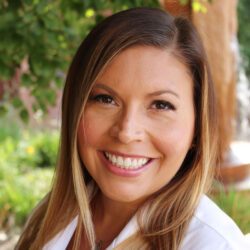
Kristen Spencer

Kristen Spencer
“Hepatobiliary cancers are difficult to treat, and the field is in need of ongoing therapeutic developments based on sound clinic research.”
Name: Kristen Spencer
Organization: Rutgers Cancer Institute of New Jersey
Can you tell us a bit about yourself?
I am a medical oncologist at the Rutgers Cancer Institute of New Jersey. I joined there as an assistant professor in 2017 after completing my residency, fellowship, and chief fellowship at Rutgers Robert Wood Johnson Medical School. Prior to that I obtained my medical degree from the UMDNJ-School of Osteopathic Medicine, as well as a Masters in Public Health at Rutgers University School of Public Health, and my undergraduate degree at Duke University. I see patients as a member of the Gastrointestinal/Hepatobiliary and Developmental Therapeutics Programs at CINJ. I also had specialty research training through the Cancer Therapy Evaluation Program (CTEP) Advanced Drug Development Fellowship and the American Society of Clinical Oncology (ASCO)/American Association for Cancer Research (AACR) Workshop on Methods in Clinical Cancer Research.
In addition to treating patients, I conduct research in early phase clinical studies where I work to bring novel agents from the basic science research laboratories at CINJ to the clinic to help advance the oncology field for patients. I am the author or co-author of several publications, reviews, book chapters, and abstracts, and I present my work nationally. I also participate on the national level as a member of the National Cancer Institute (NCI) Hepatobiliary Task Force, as Chair of the ECOG-ACRIN Developmental Therapeutics Genomics Sub-committee, and as a member of the ECOG-ACRIN Task For on Advancement for Women.
Can you share one or two of your specific research interests?
My research interests focus on hepatobiliary and pancreatic tumors, particularly the use of vaccine and other immunotherapy-based combination approaches to treating these cancers. I am also actively interested in investigating early phase (phase 0 and phase I) compounds.
Why did you decide to specialize in hepatobiliary cancers?
I lost my mother to metastatic colon cancer when I was very young. When I was choosing a specialty within medical oncology to develop a practice, I wanted to honor her in a way. My father said to me, “your mother would want you to work where you are needed.” Hepatobiliary cancers are difficult to treat, and the field is in need of ongoing therapeutic developments based on sound clinic research. Moral of the story is, I went where I was needed!
Can you describe one of the unforgettable moments in your patients care or research that has impacted your career?
I am lucky enough to care for many patients with hepatobiliary tumors, often on clinical trial protocols. I had recently lost a patient on one of those protocols whom I had gotten particularly close to. Though we ultimately lost her battle, she had many small victories along the way. I happened to be sitting on an airplane waiting to taxi out to a conference several weeks later when I got to speaking to someone in the aisle across from me. Believe it or not, without violating any HIPAA laws we discovered she was a dear friend of the patient I had lost, and had been so thankful for the hope provided to her friend by the oncologist whom she had heard about for some time (me!). That experience reminded me that everything comes full circle and we are all in this together, so keep fighting!
Can you tell us one thing collaboration with colleagues could accomplish that you could not accomplish on your own?
This is an easy one. I am currently running a phase I/II study of a combination of radiation, the DNA-PK inhibitor M3814, and the checkpoint inhibitor Avelumab in biliary tract cancers. It is difficult to develop, write, and execute a protocol like this one that requires familiarity with early phase trial design and compounds and specialized radiation techniques. I am lucky to have several collaborators on this project, and without them this novel combination approach would not be being actively investigated now.
If you had access to one resource that would move your research forward, what would that resource be?
Open and unlimited access to compounds for clinical investigation. I share the belief with some of my mentors here that if a drug does not cure a disease, it should be made available to researchers for clinical trial investigation.
How did you learn about the Cholangiocarcinoma Foundation?
I am lucky to have worked with Dr. Milind Javle on several projects, and he was kind enough to involve me in the CCF.
Can you tell us why you became a member of the ICRN?
As a clinical investigator involved in the development of new approaches to treating hepatobiliary tumors, it was important to me to have a network of collaborators in the field for potential research opportunities and to stay up to date on progress in the field. In addition to that, some of the members are really good at karaoke!
If you are one of our Cholangiocarcinoma Foundation Fellowship awardees, how has this Fellowship impacted your career?
It’s difficult to describe all the ways CCF has impacted my career. It wasn’t until I found CCF that I was able to make the connections in the field that I have. Within these connections I have had the blessing of developing several research collaborations, finding true mentors, and growing my presence in the field through publications and presentations. I have also had the pleasure of meeting the incredible patients and family members this is all about. None of this would have been possible without CCF.